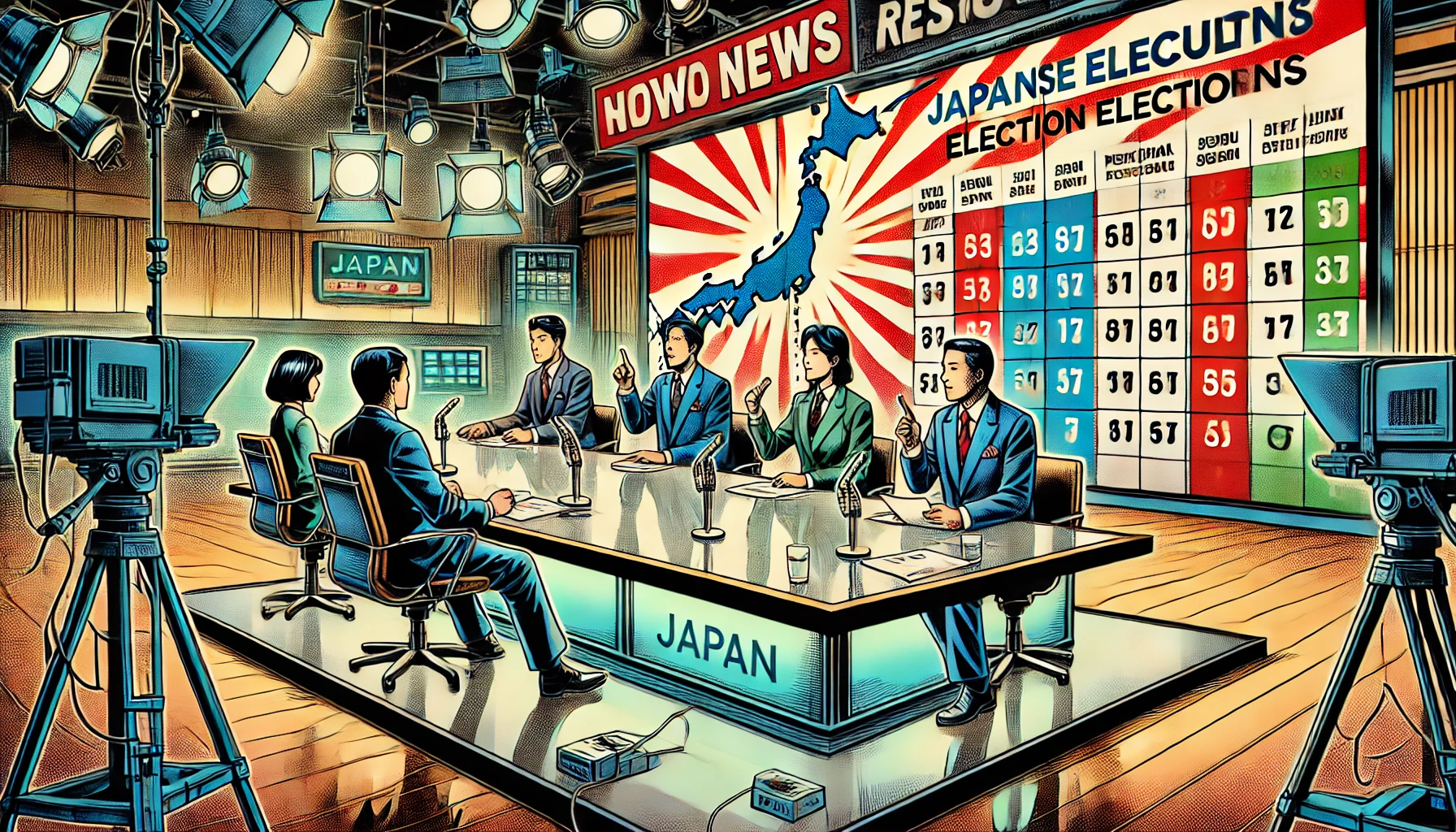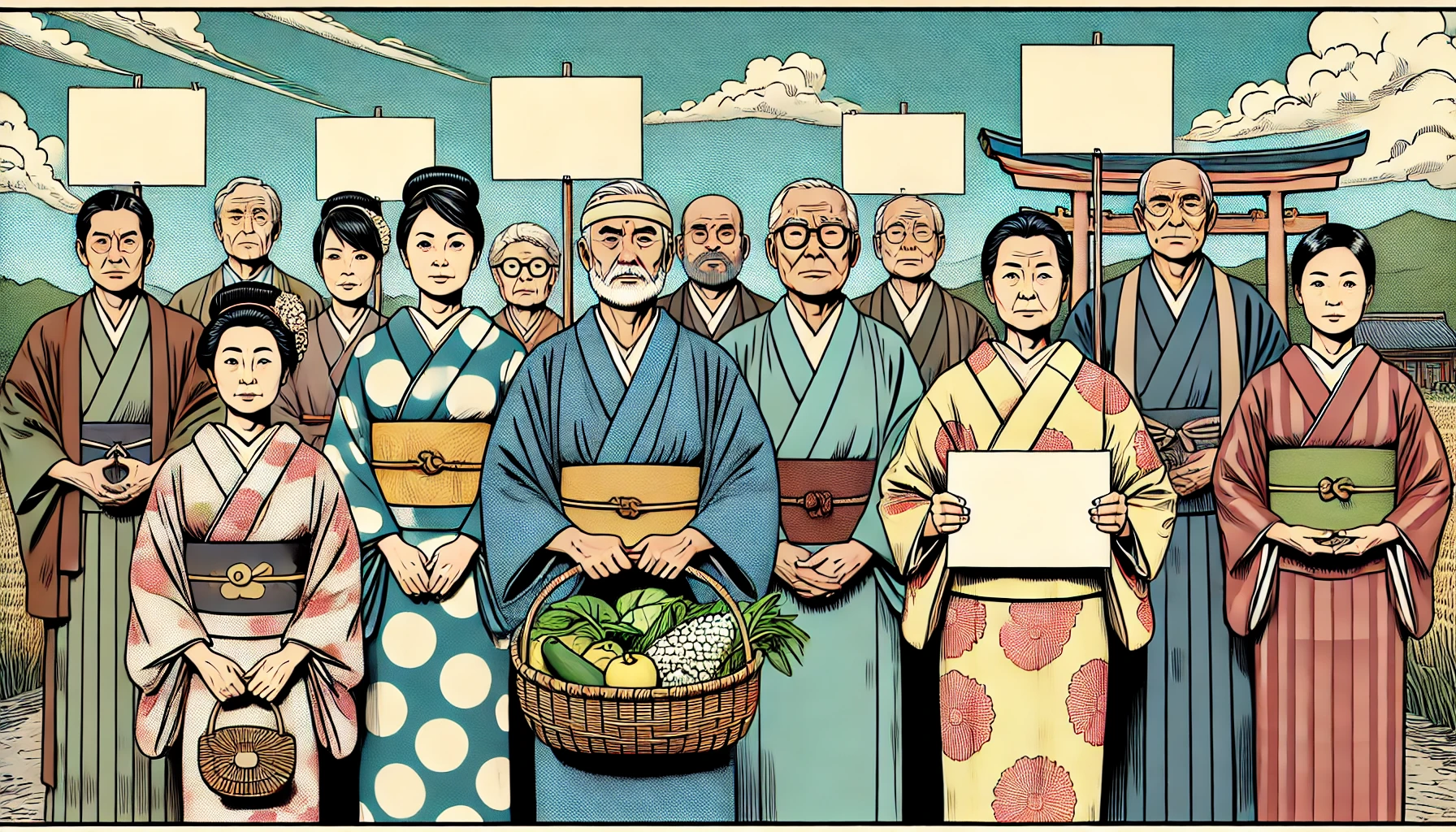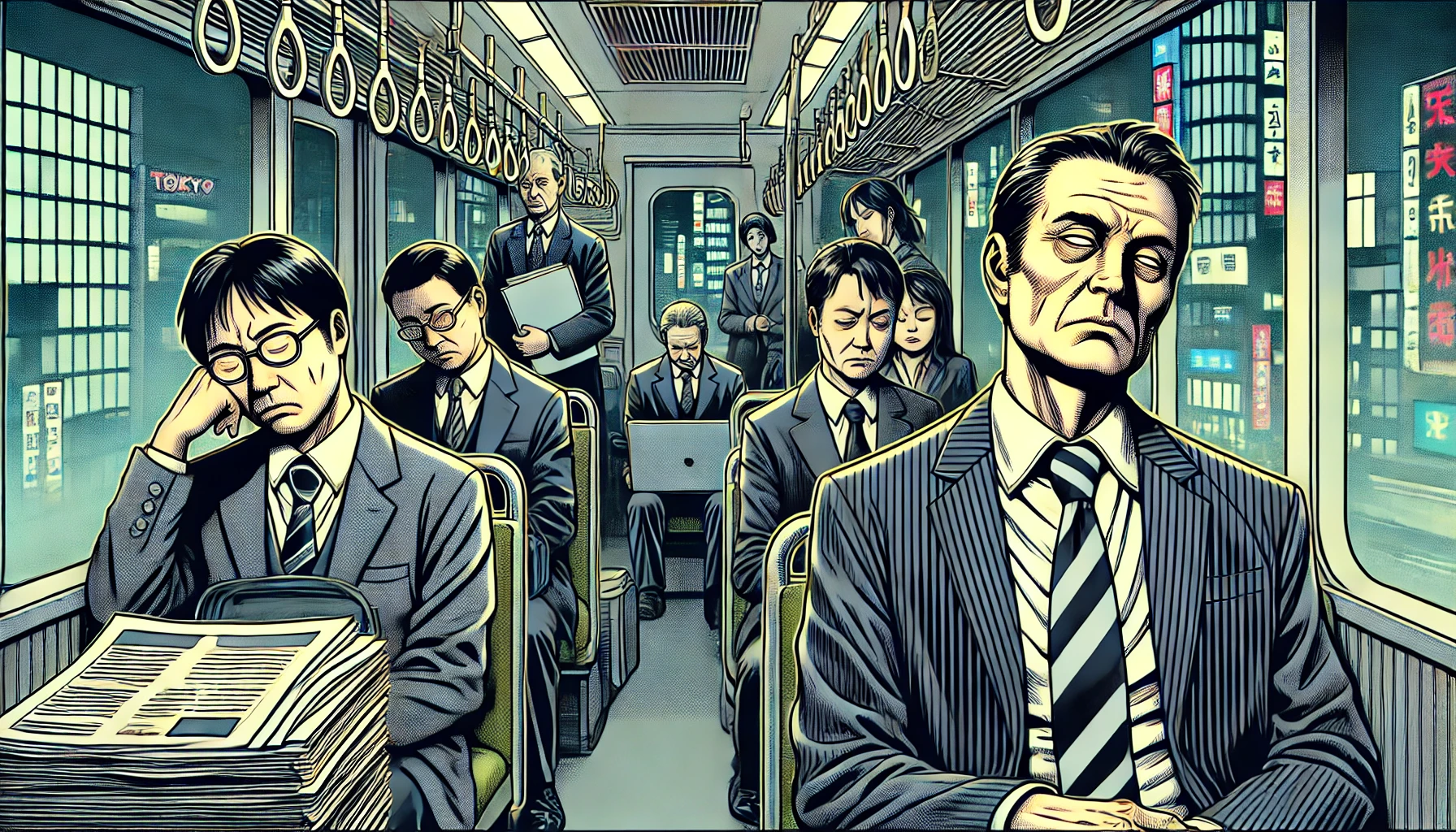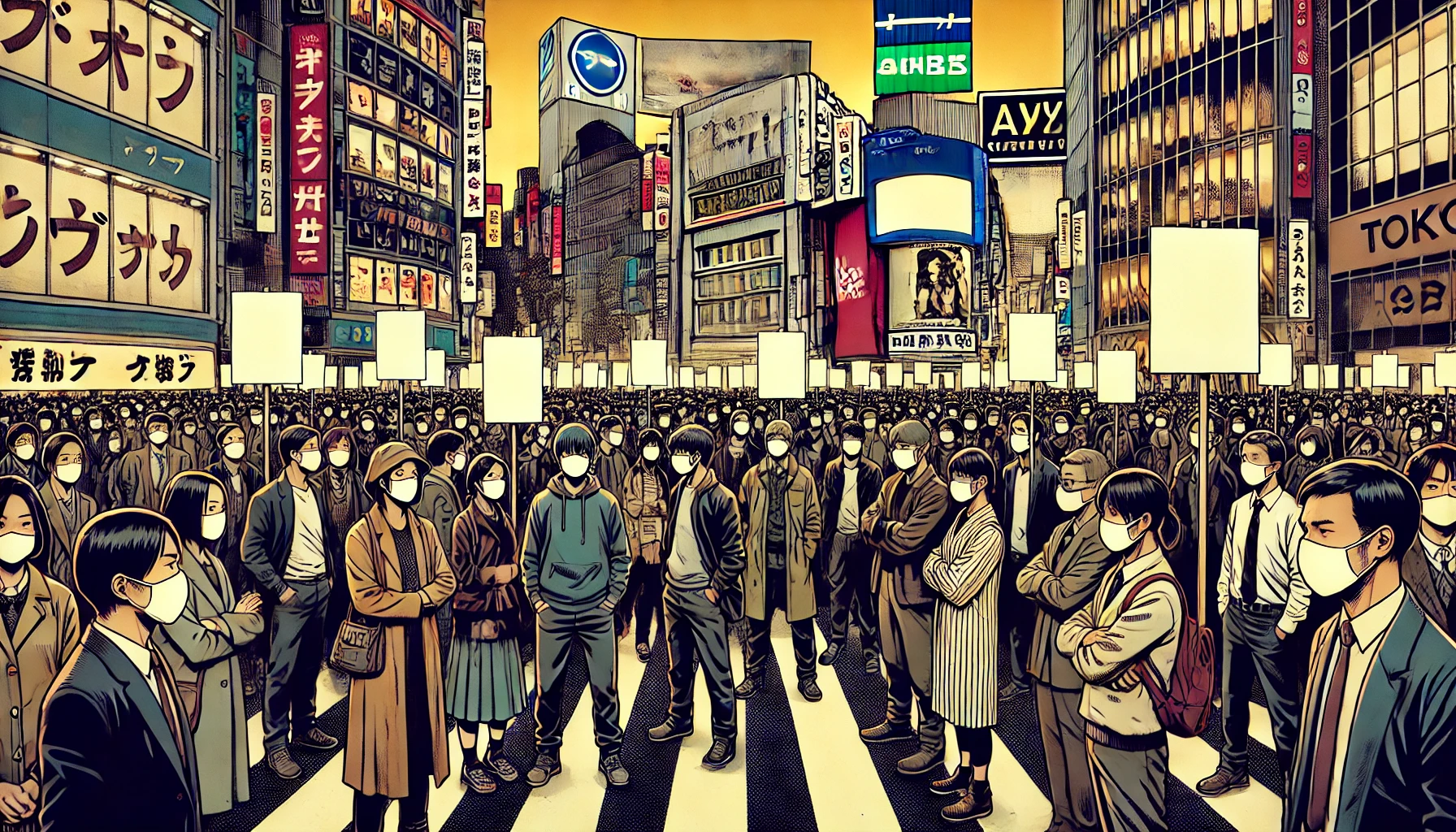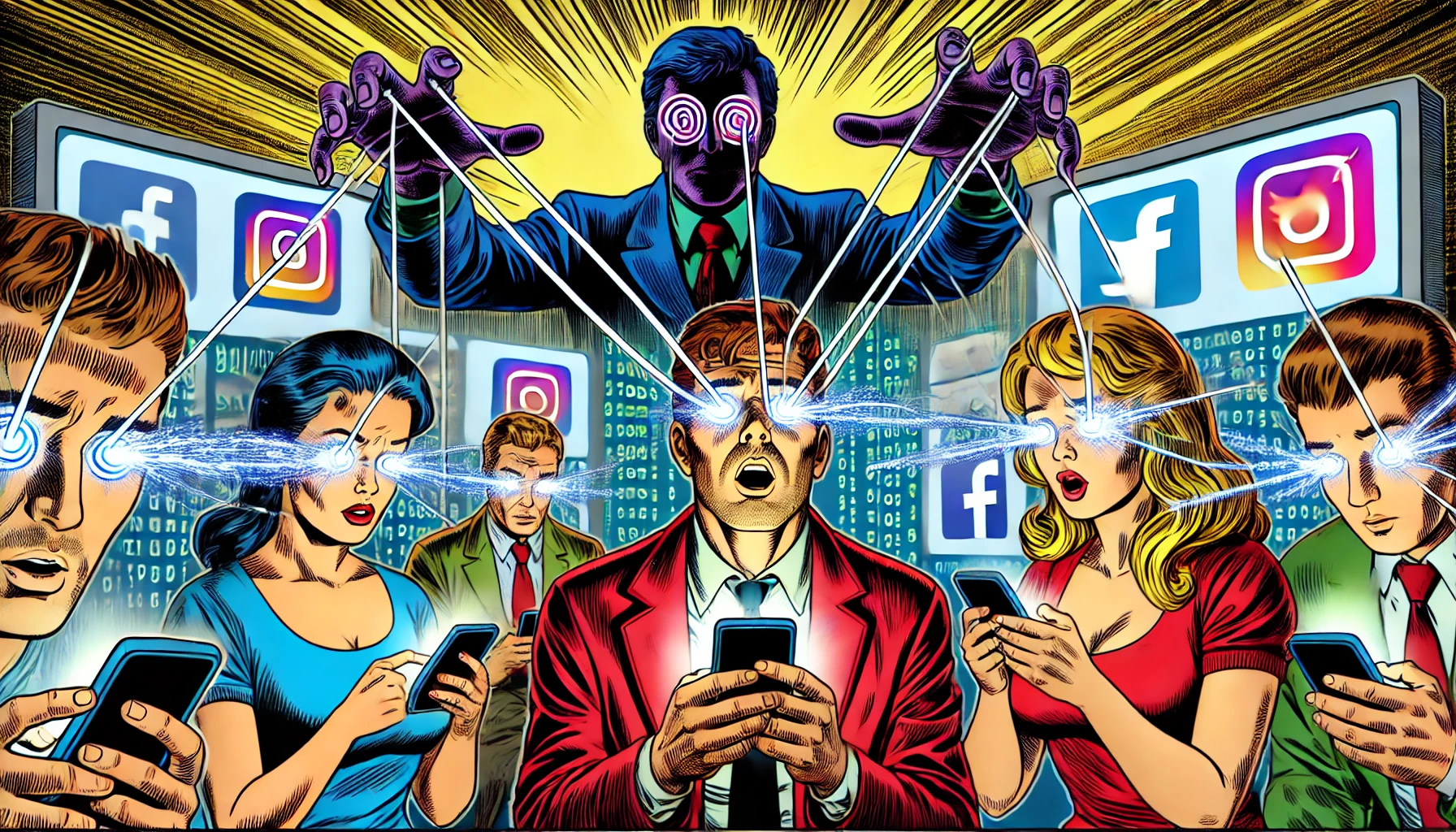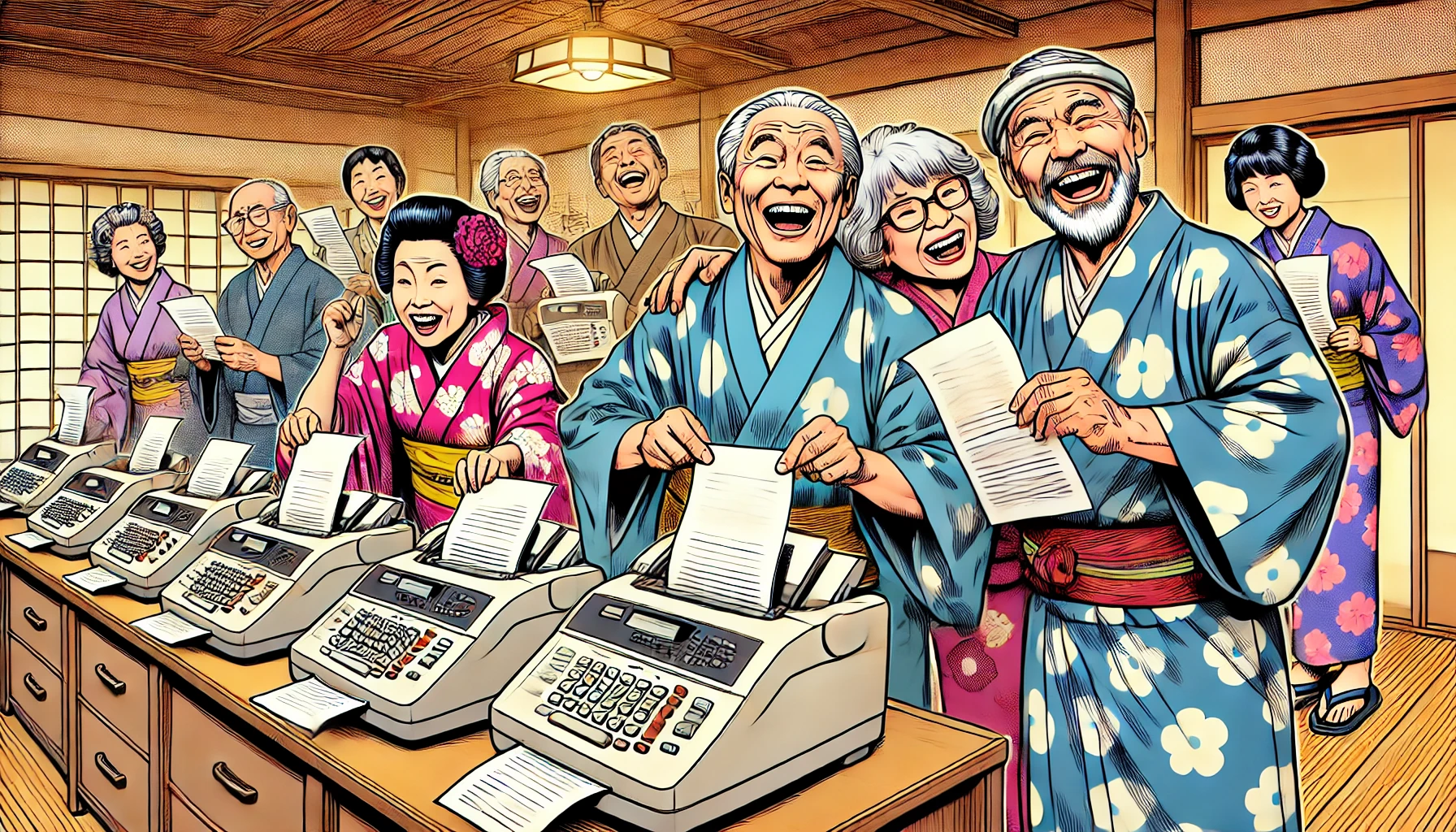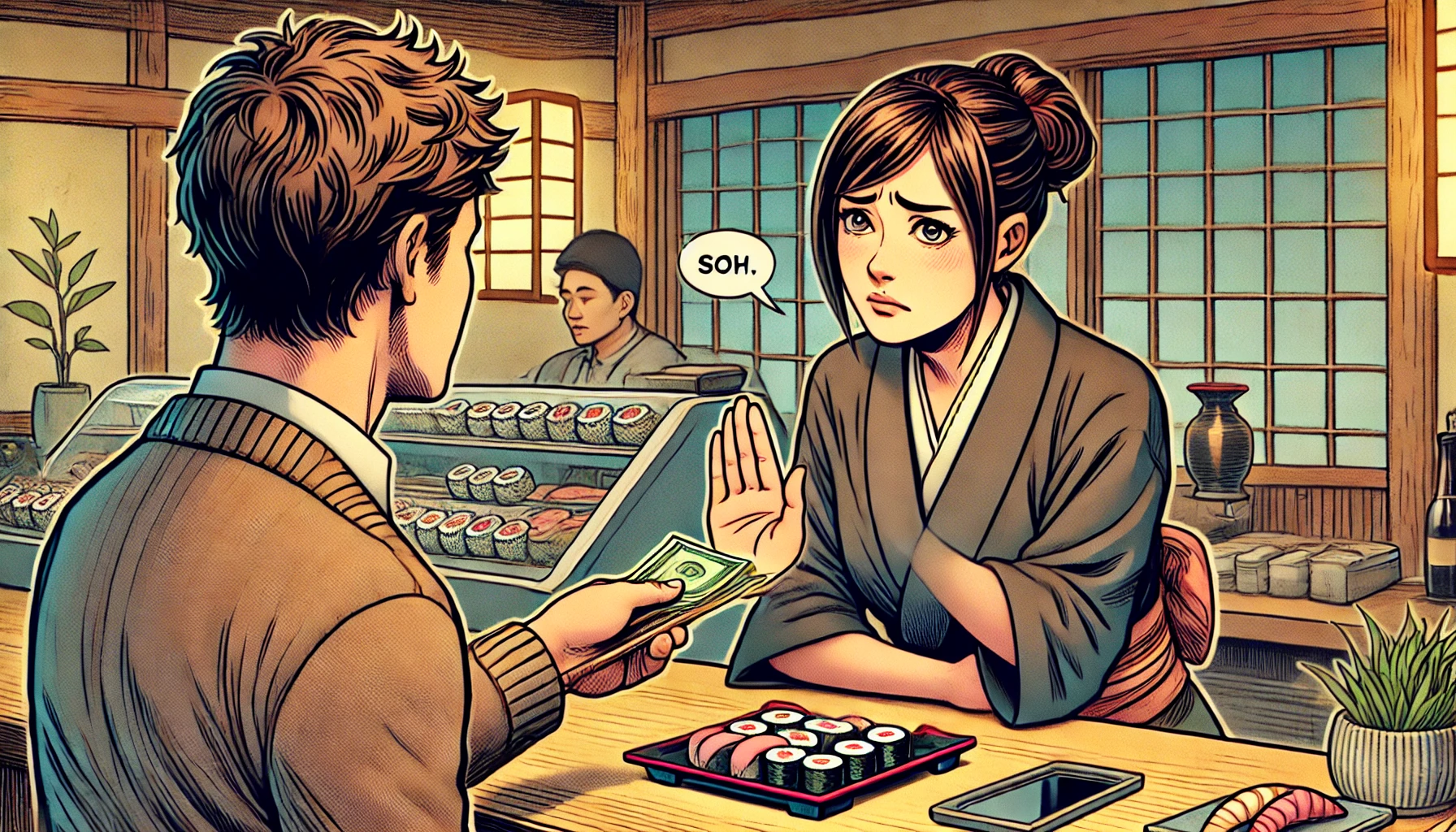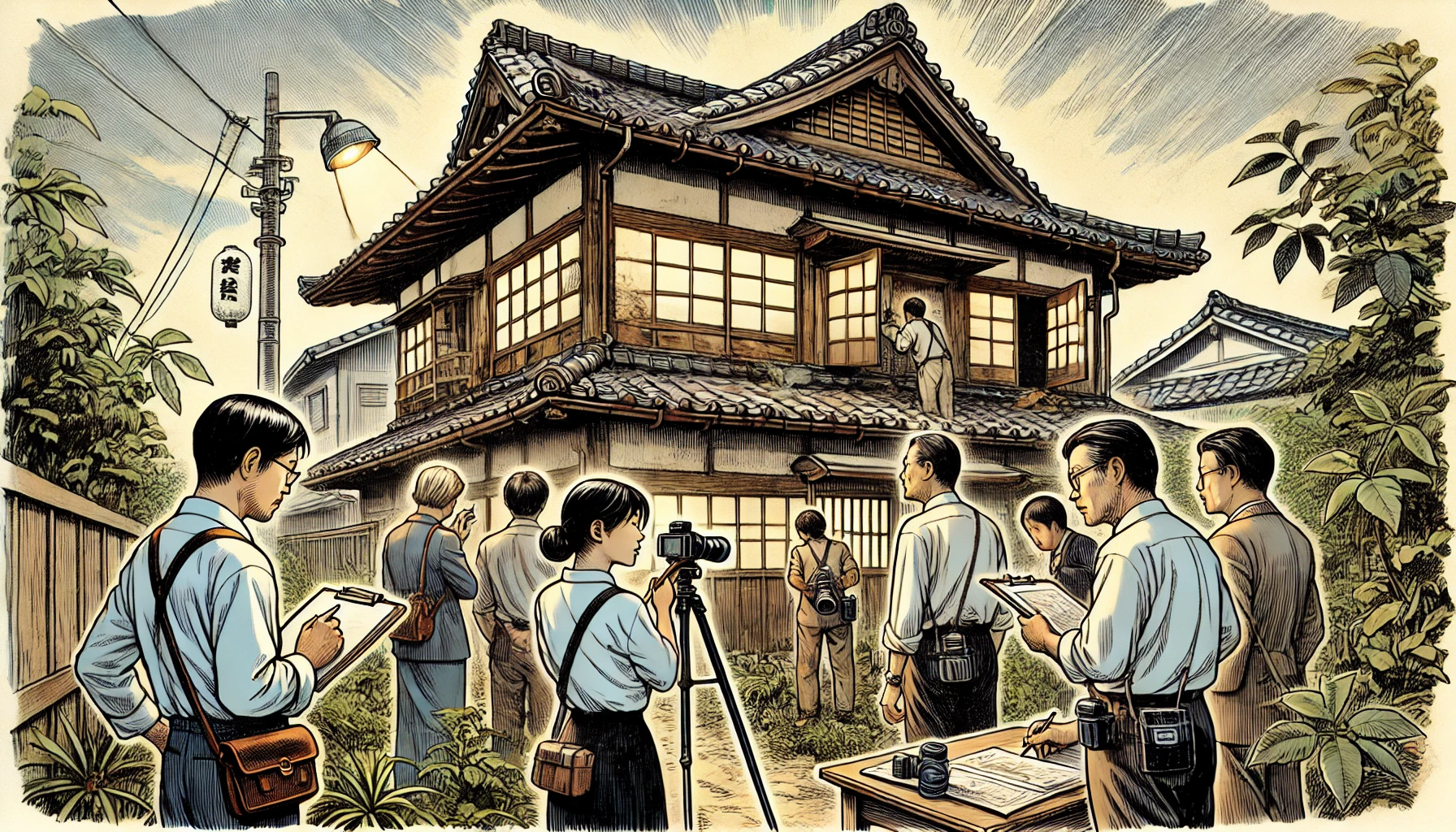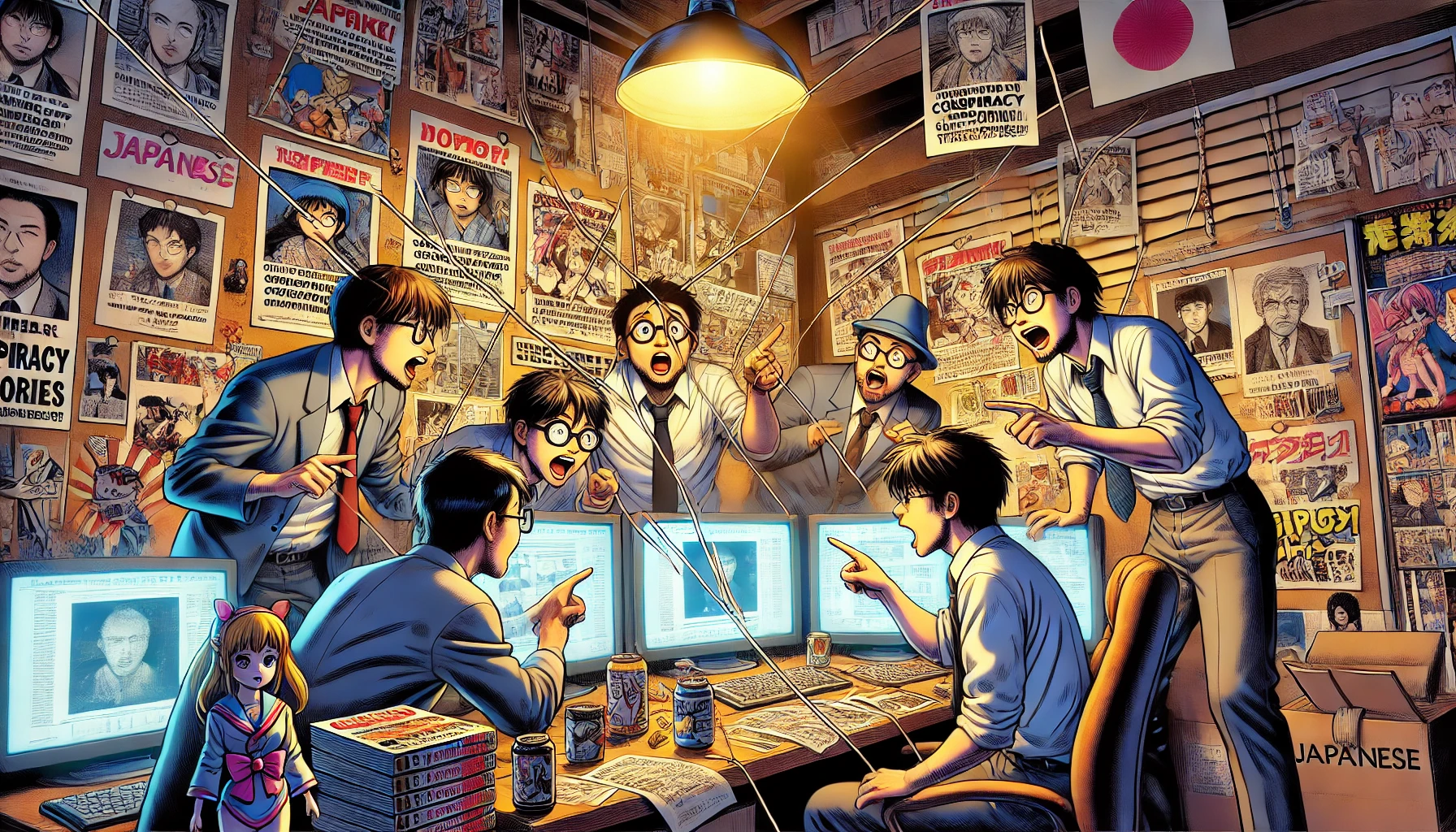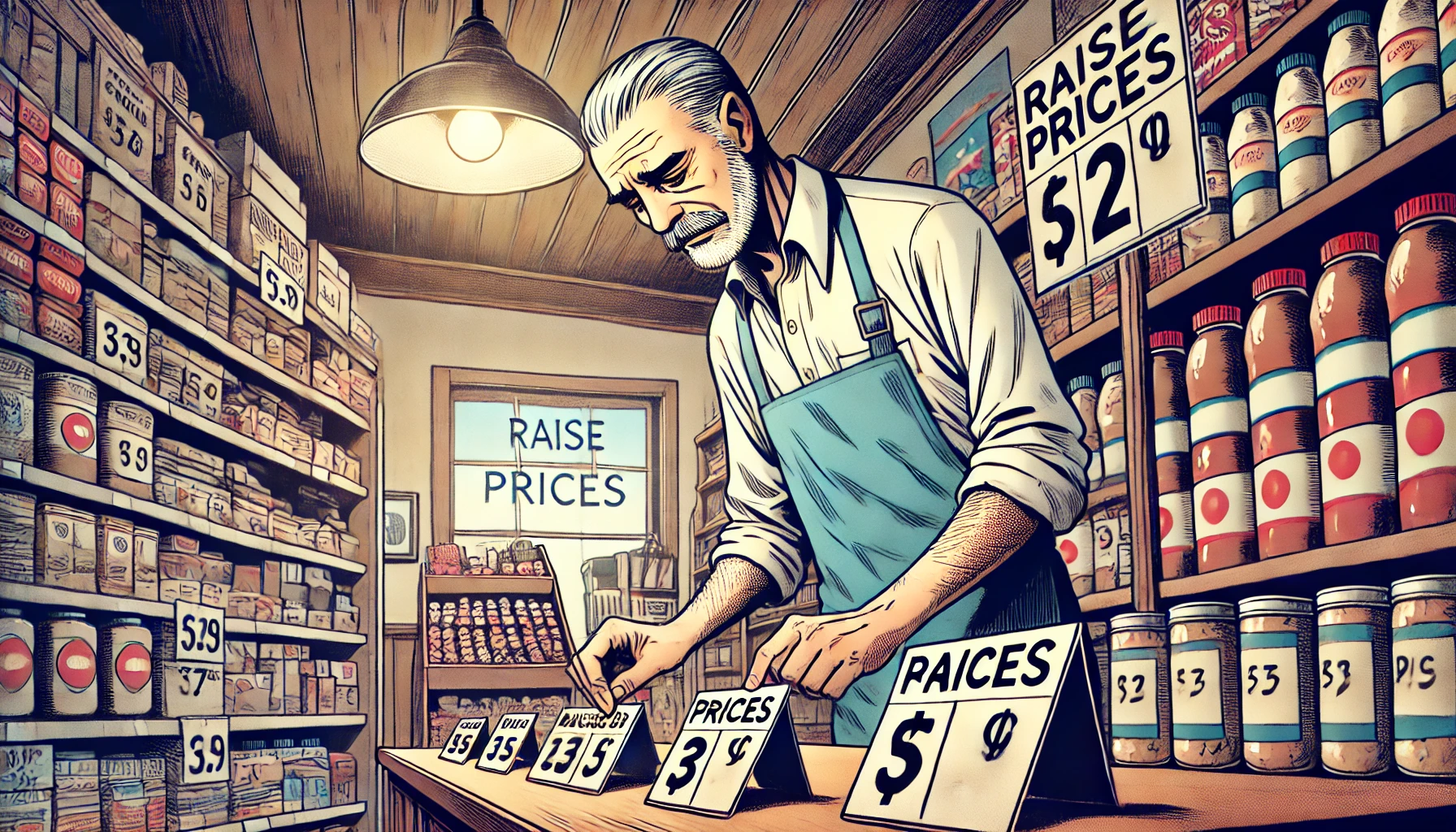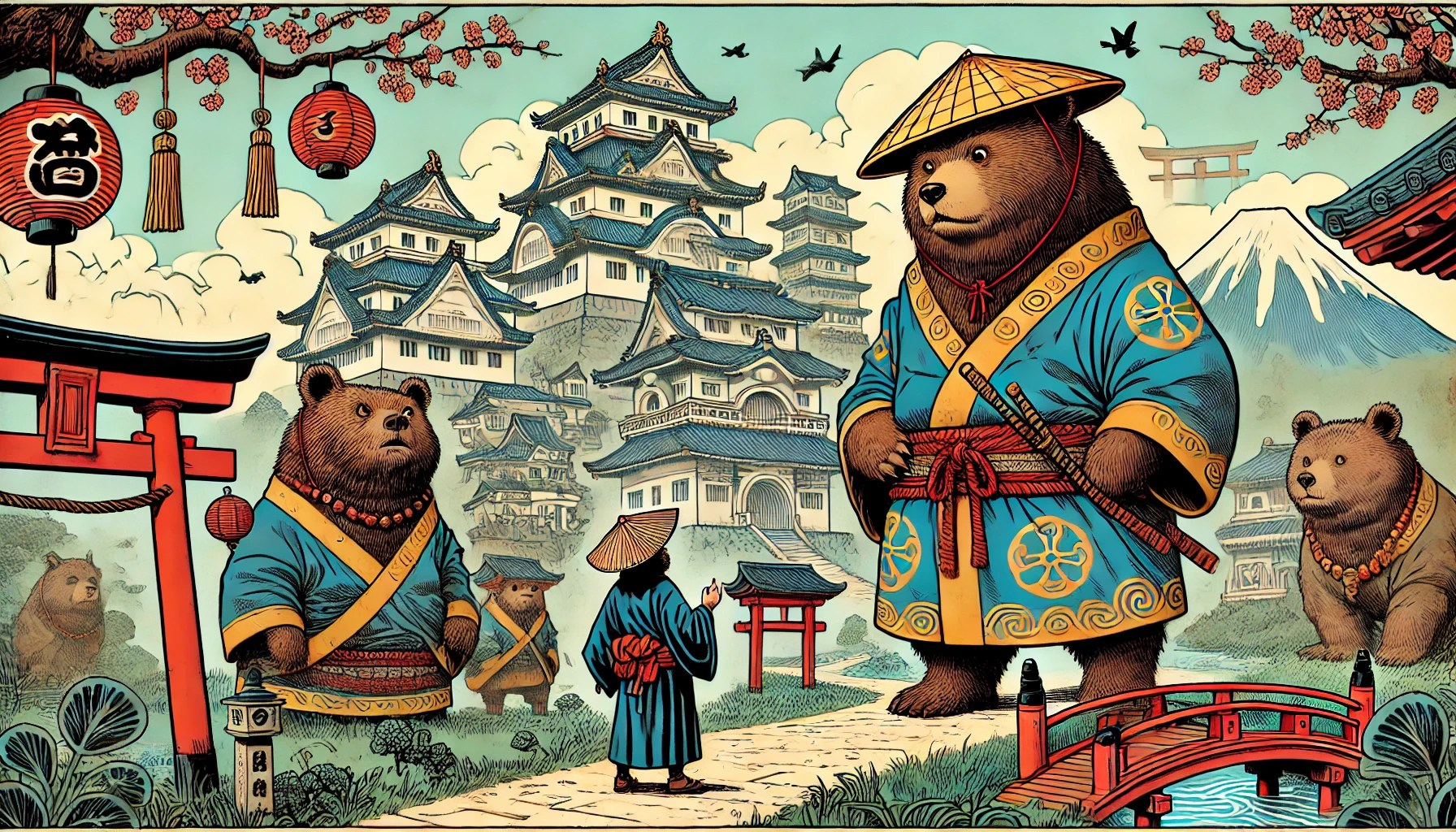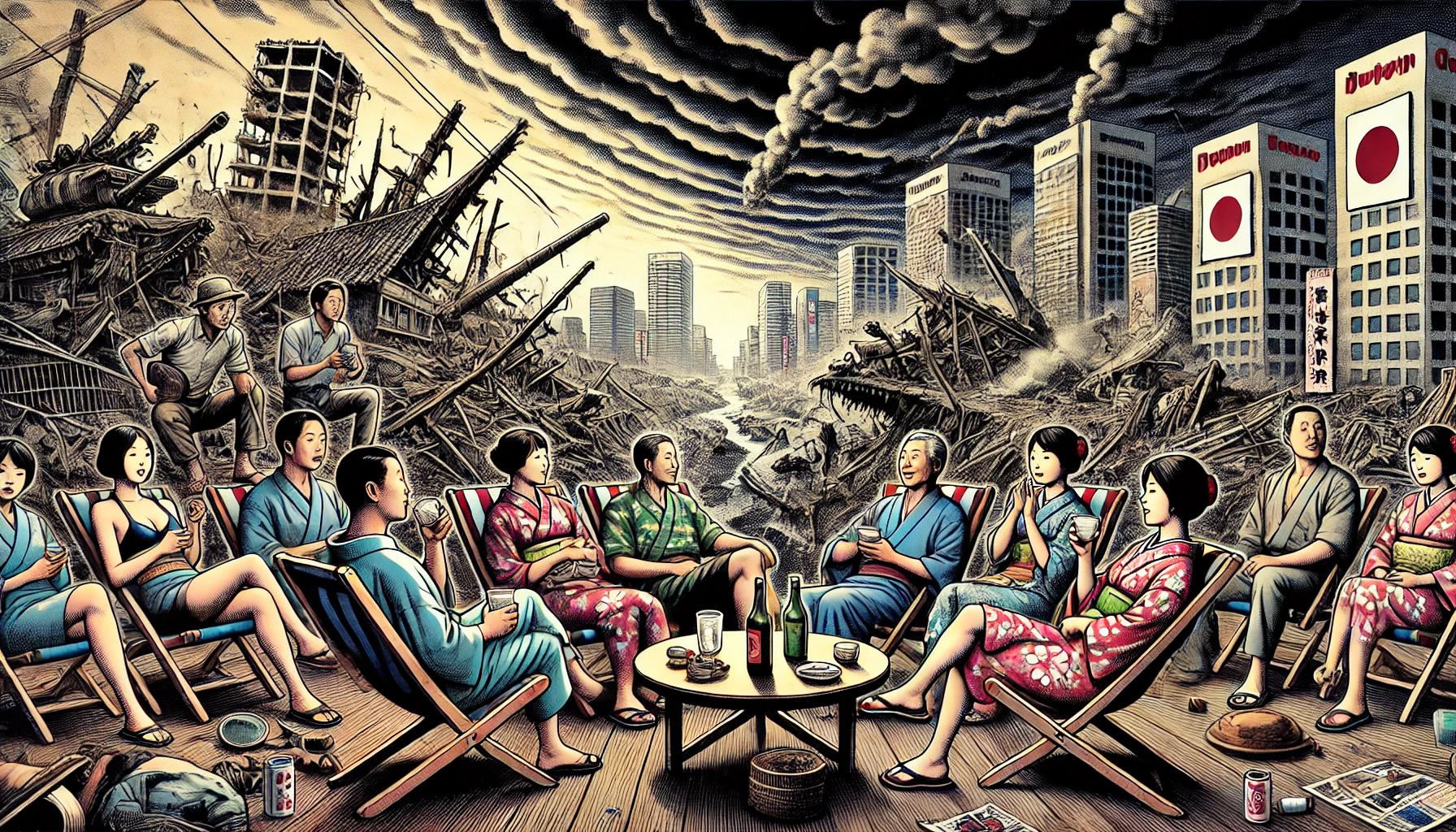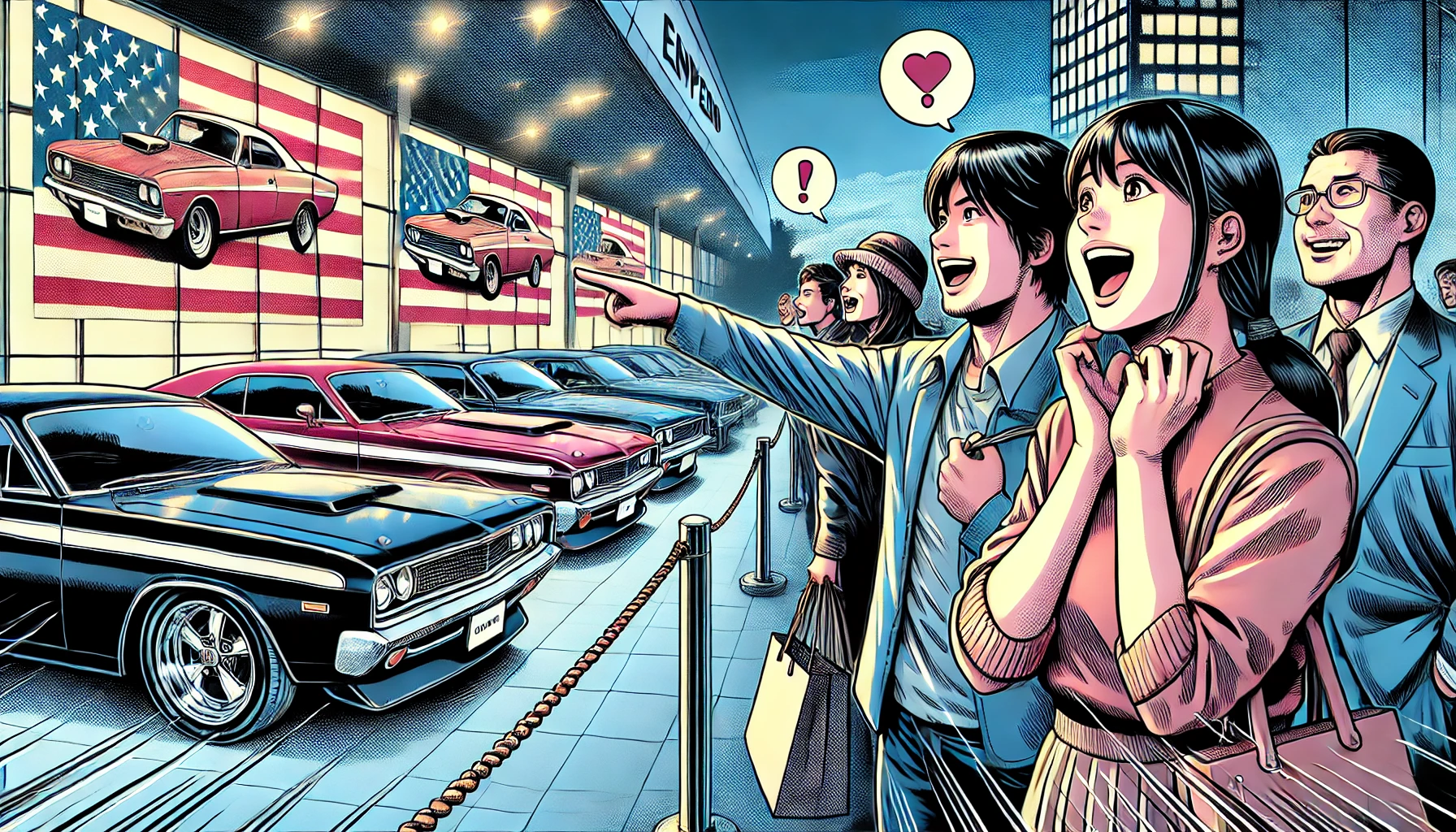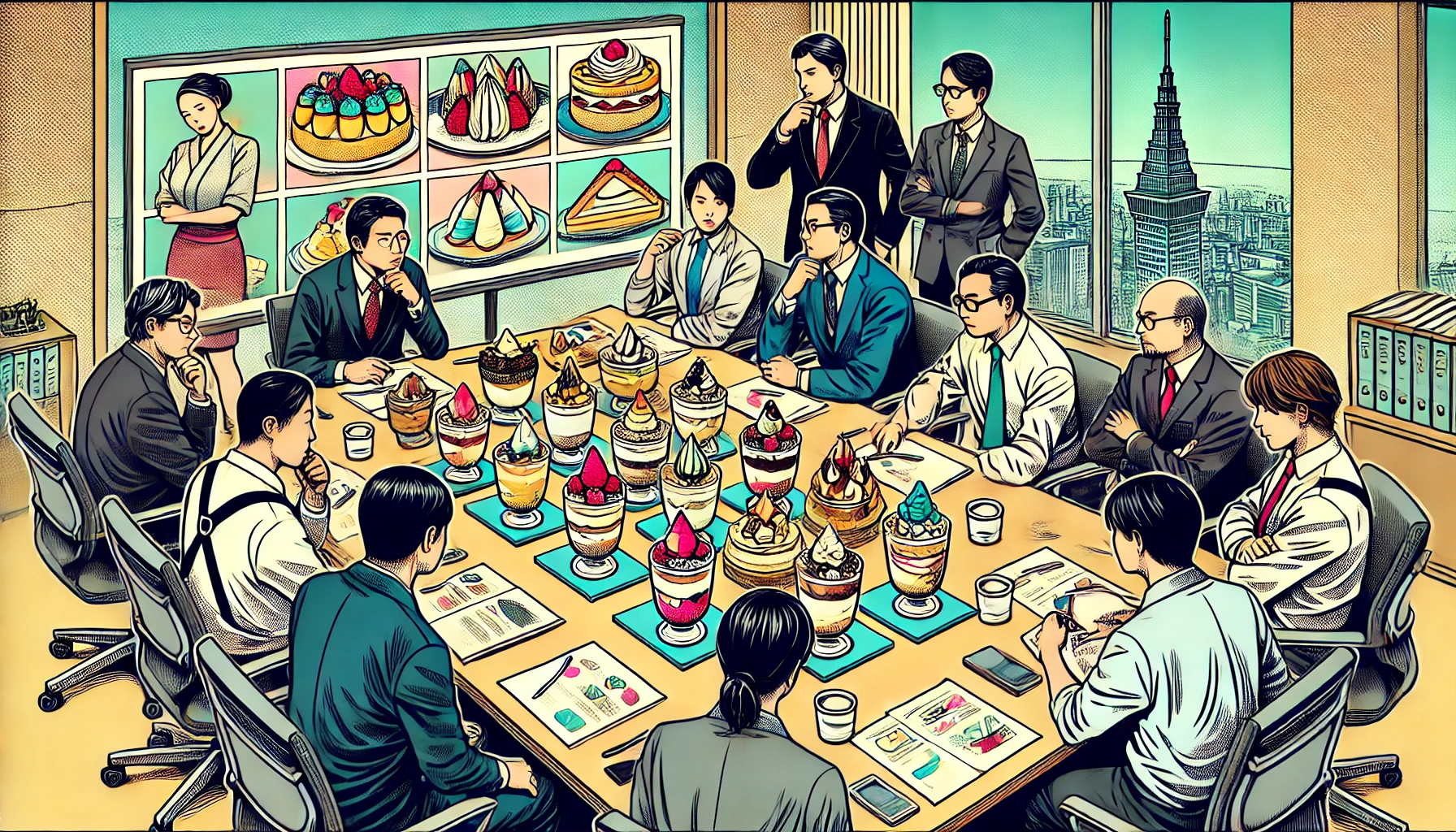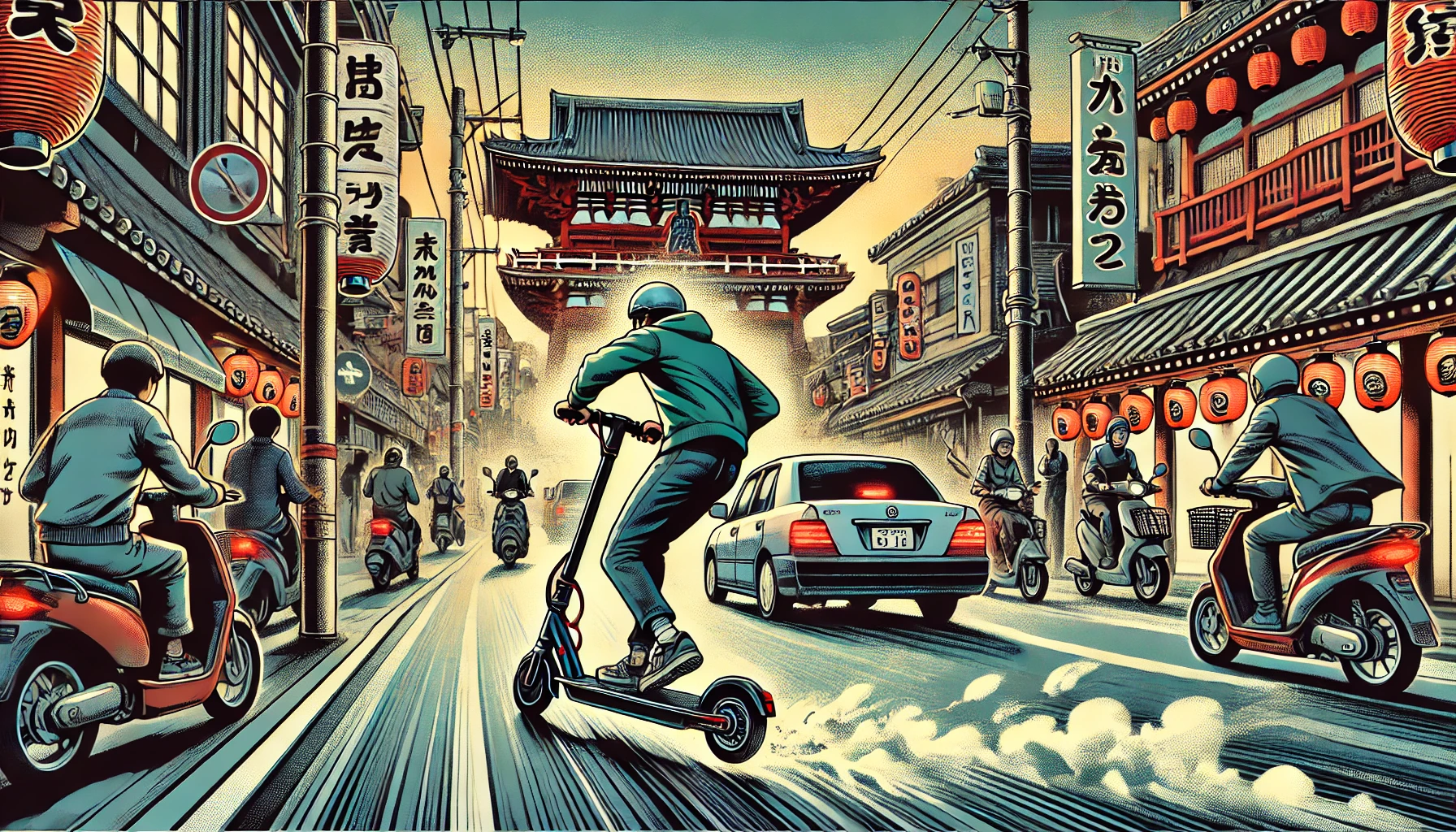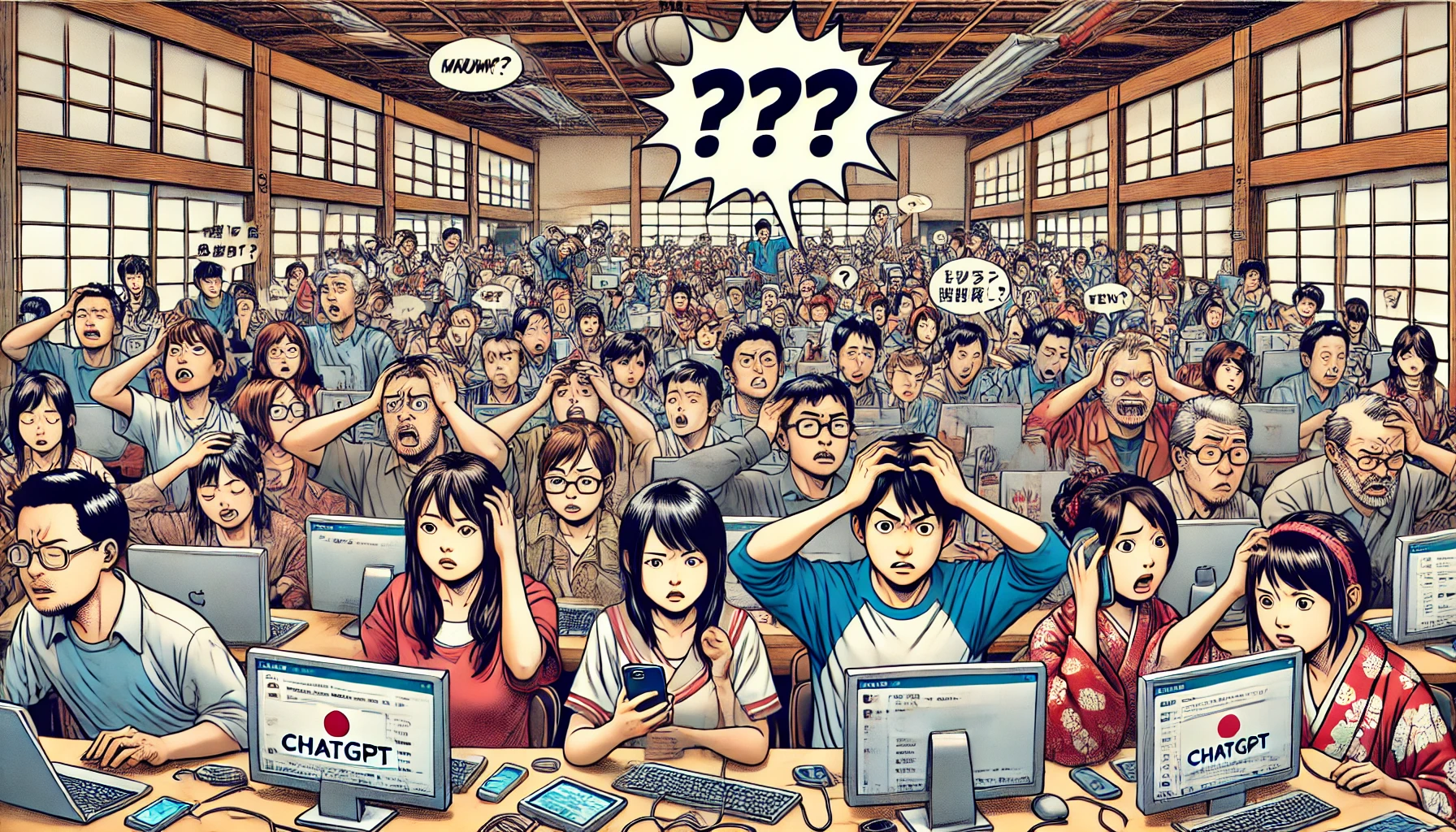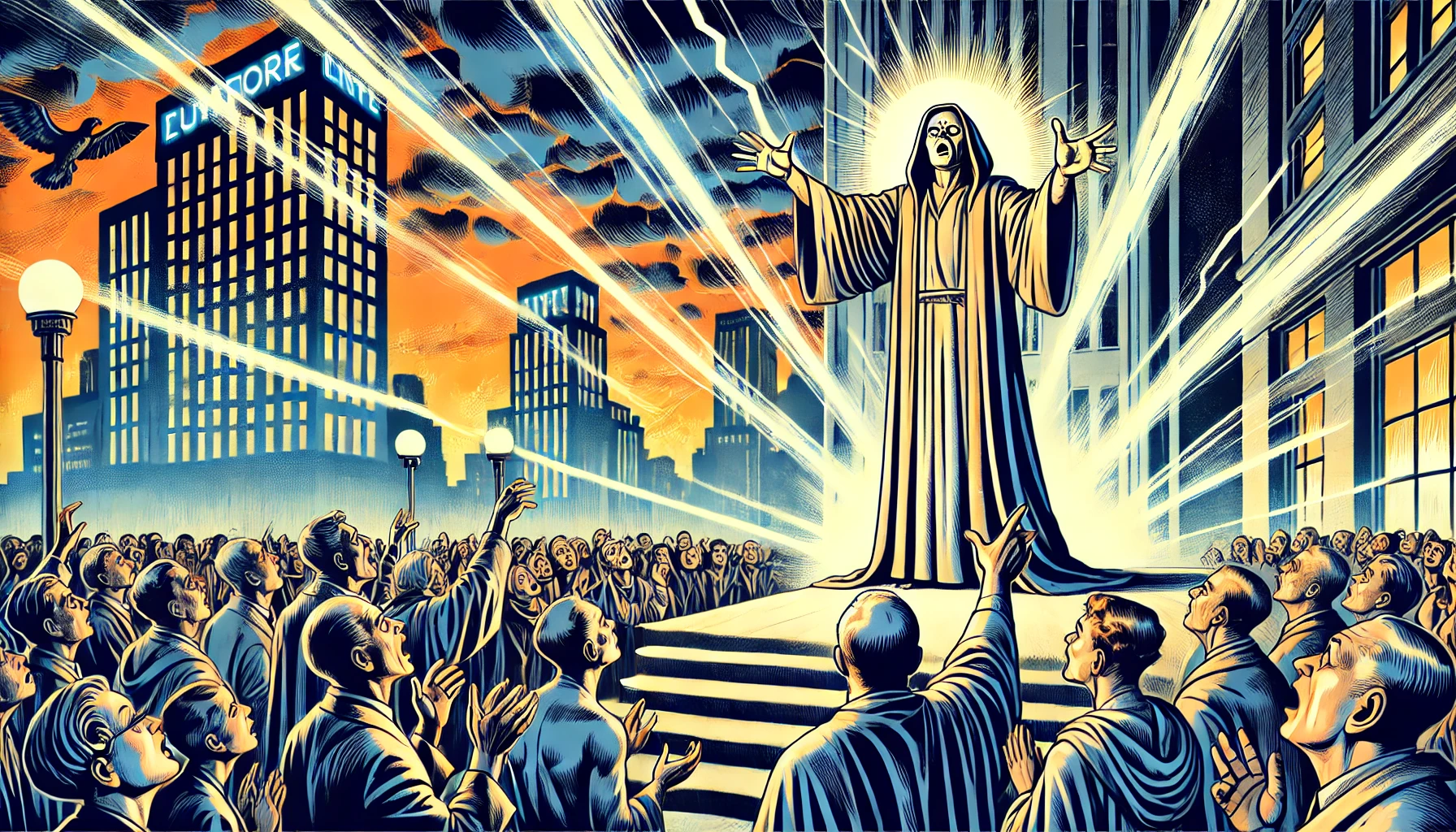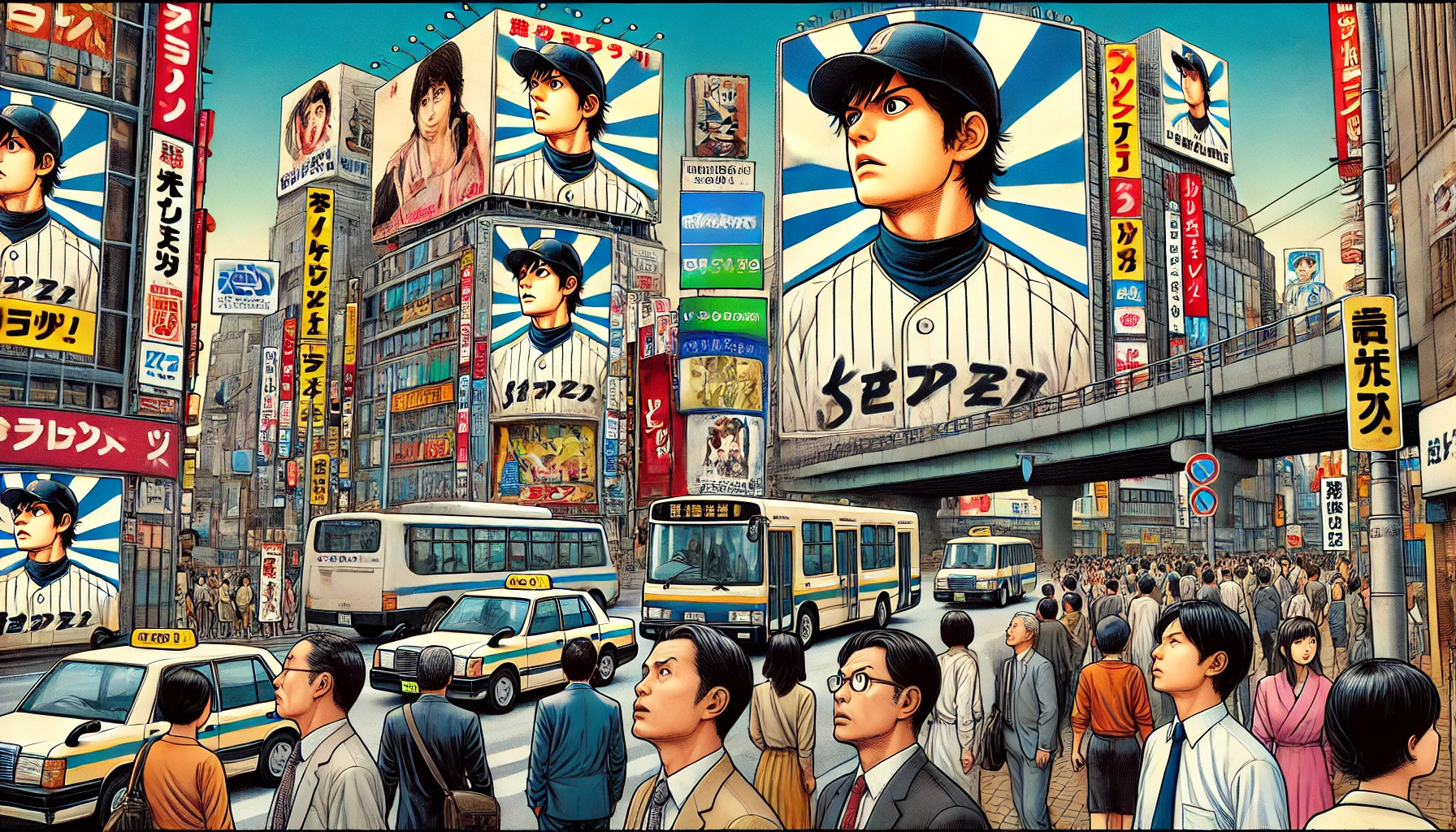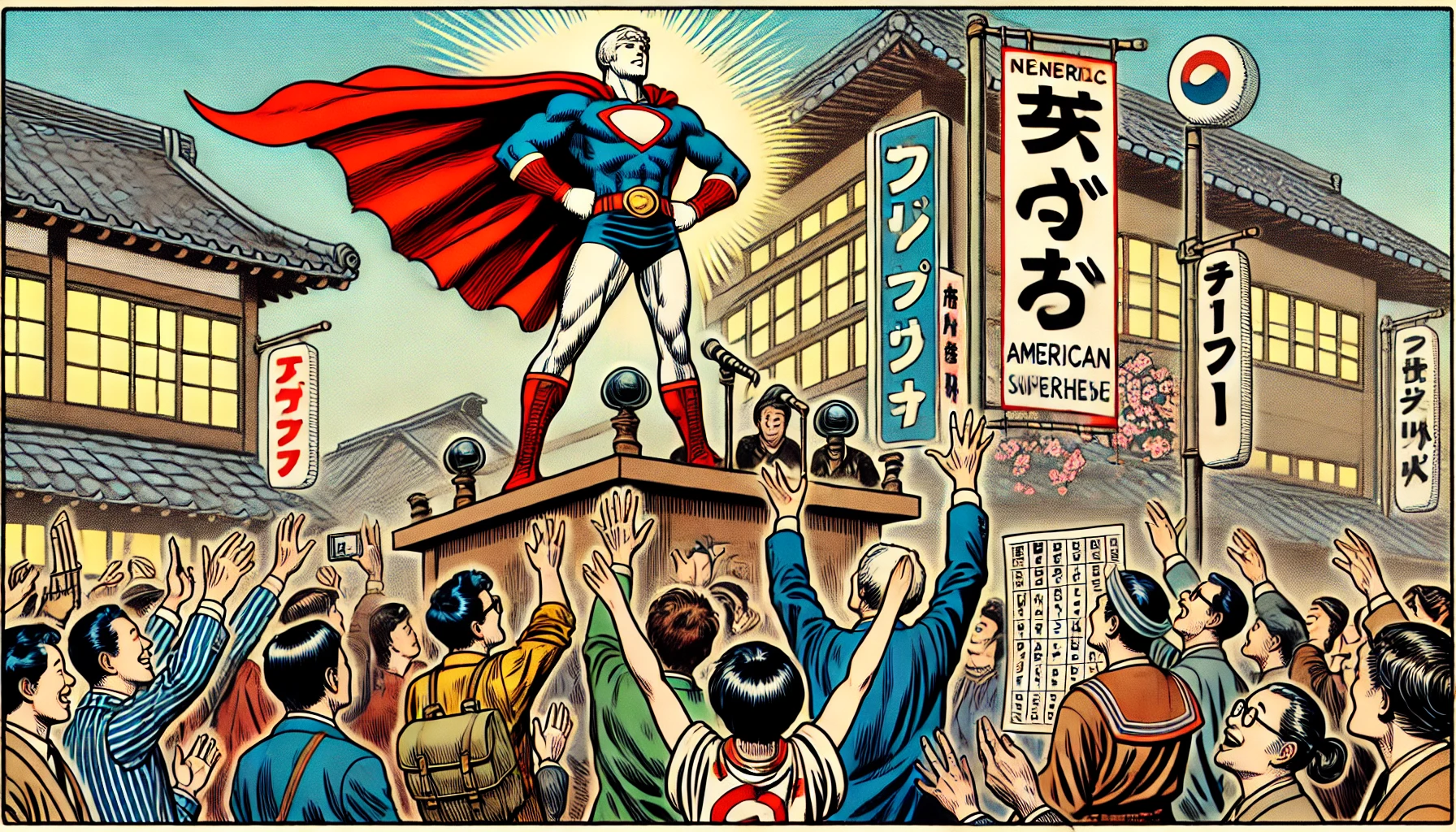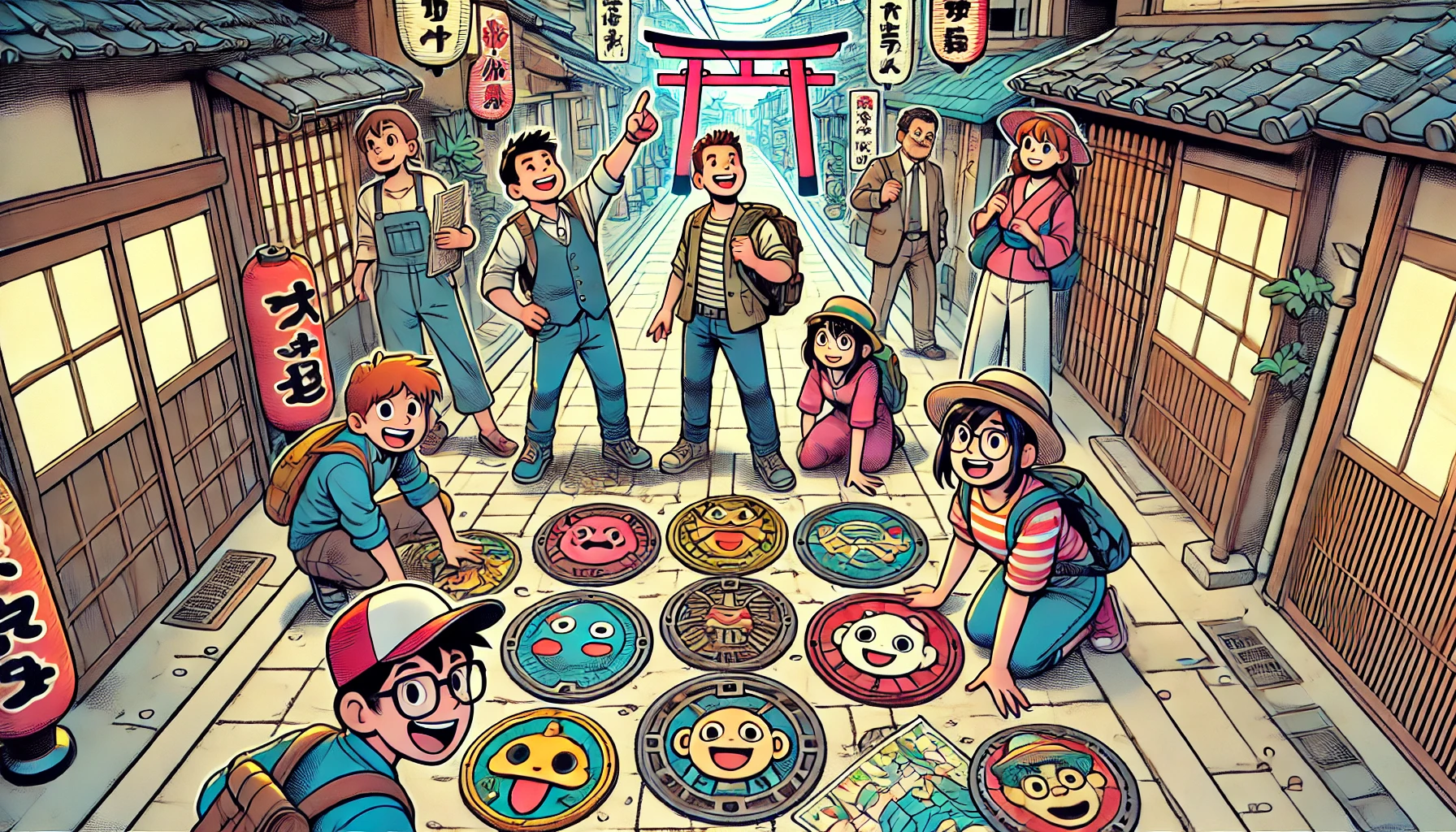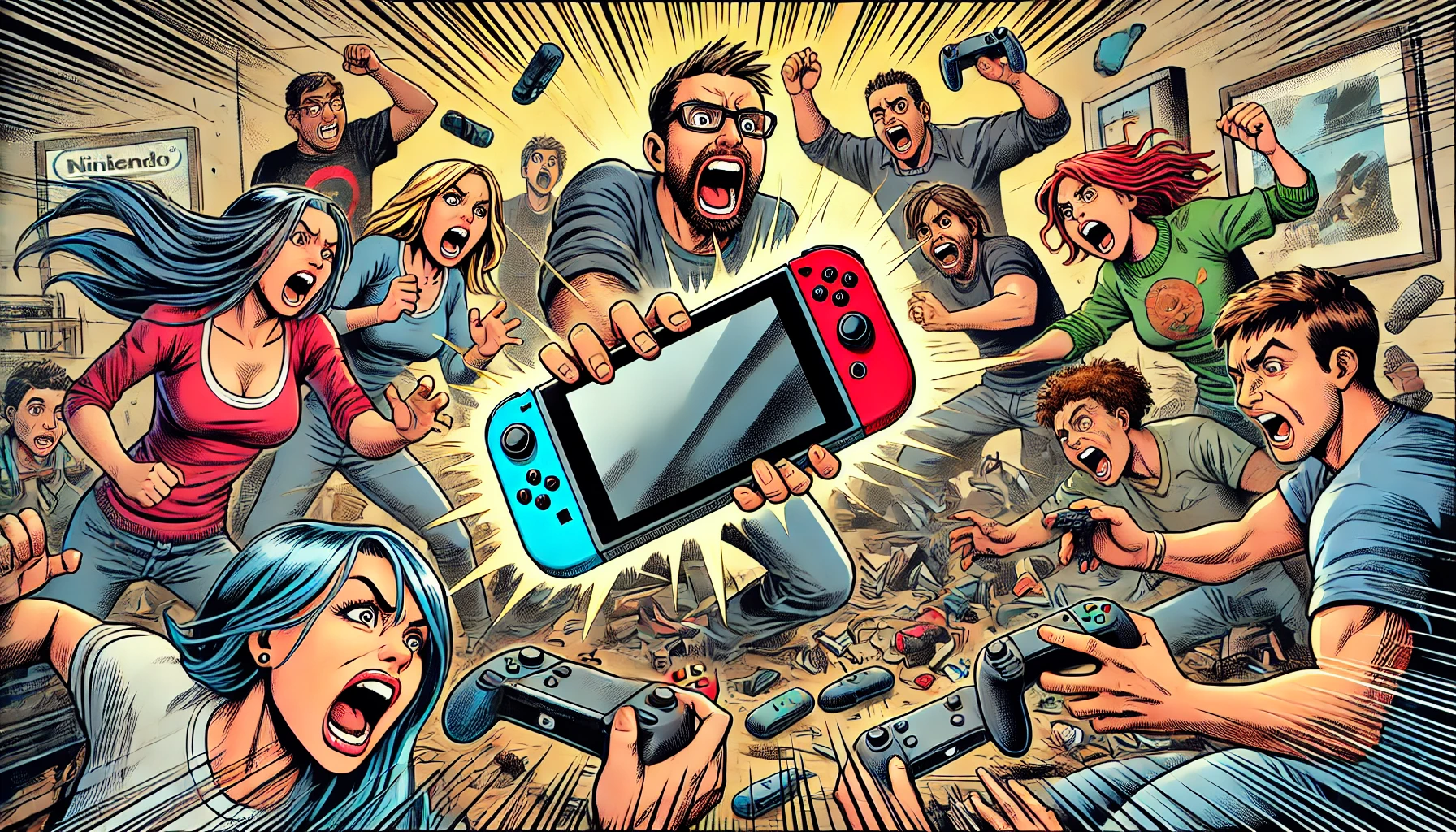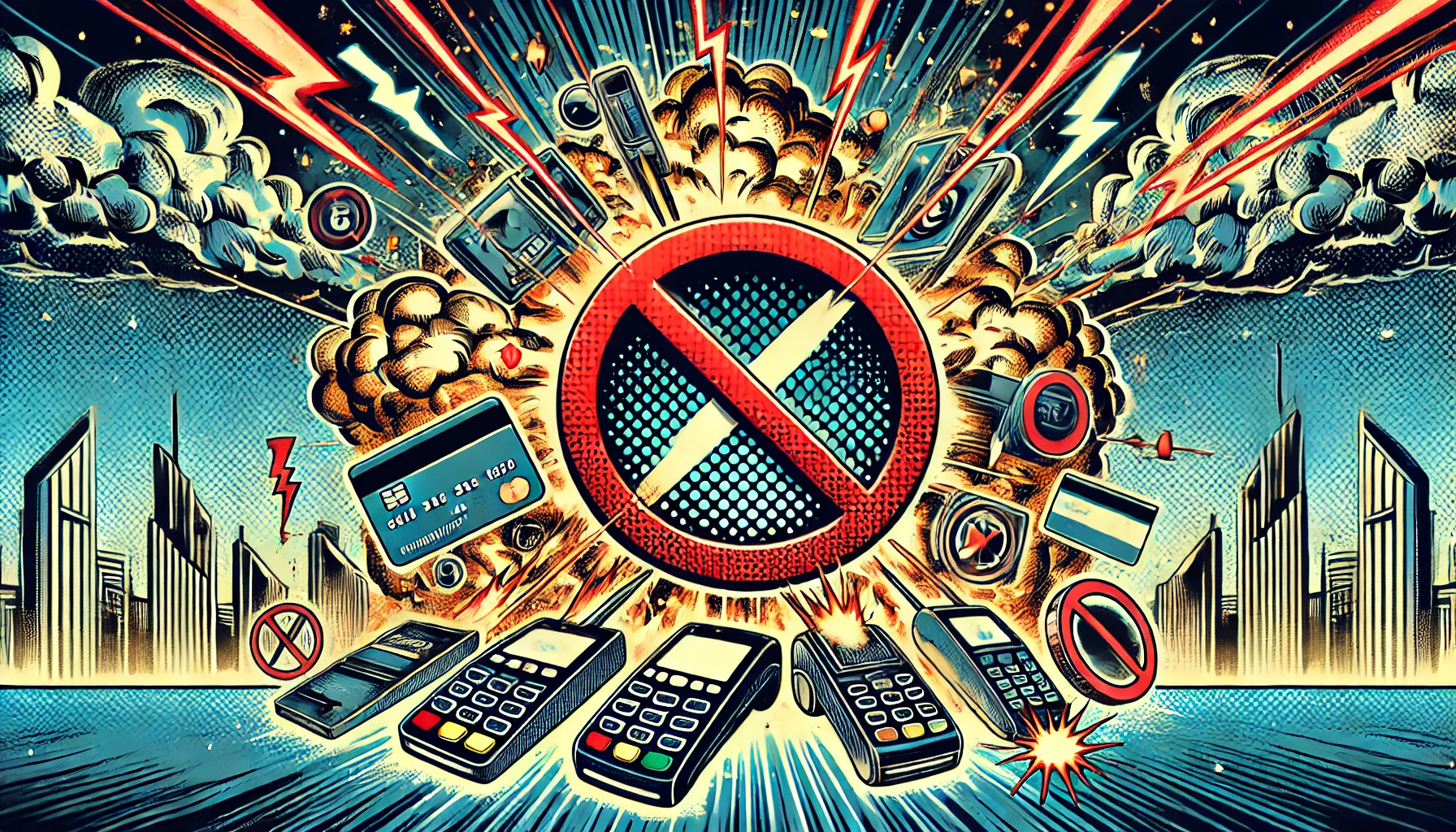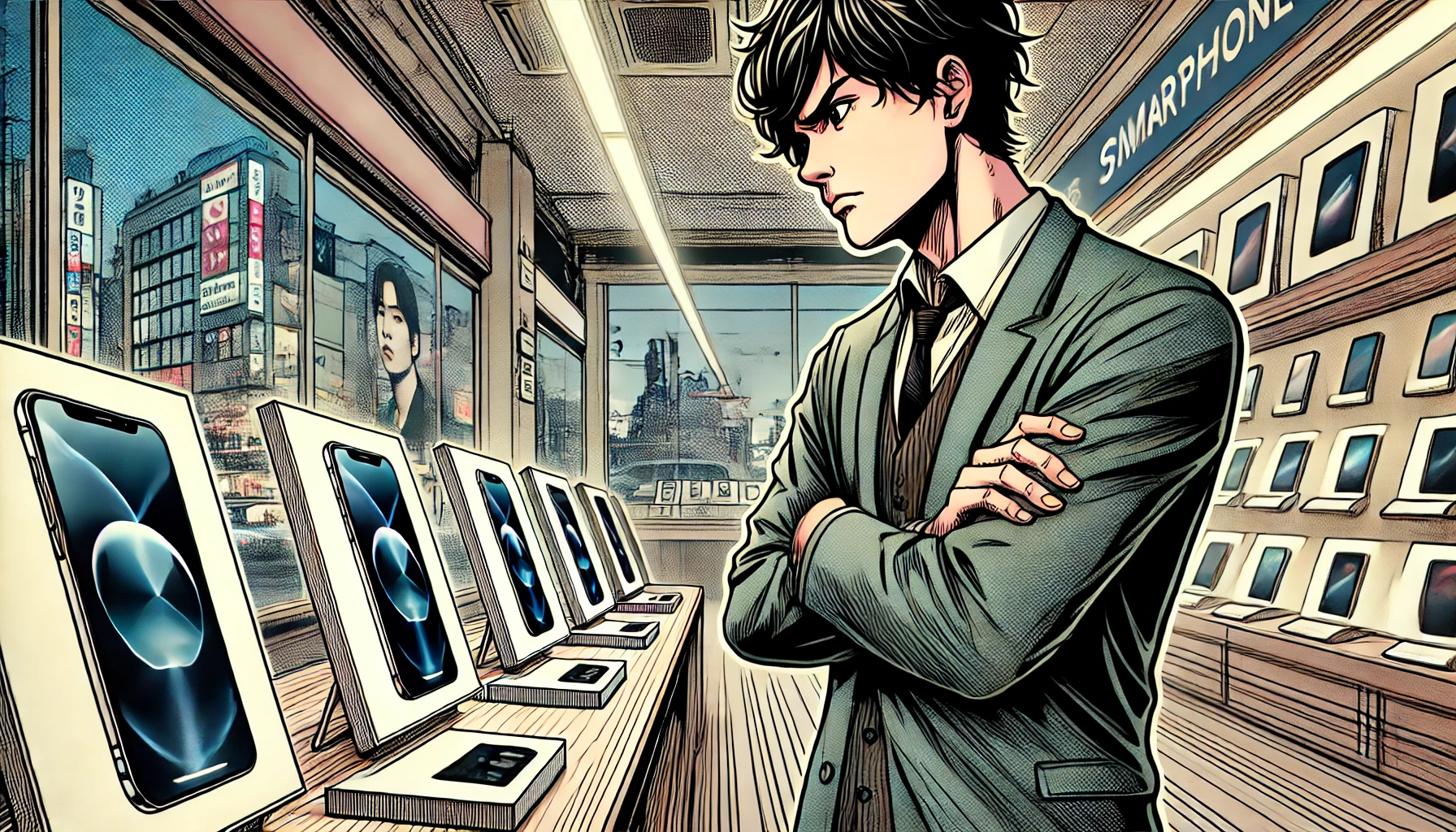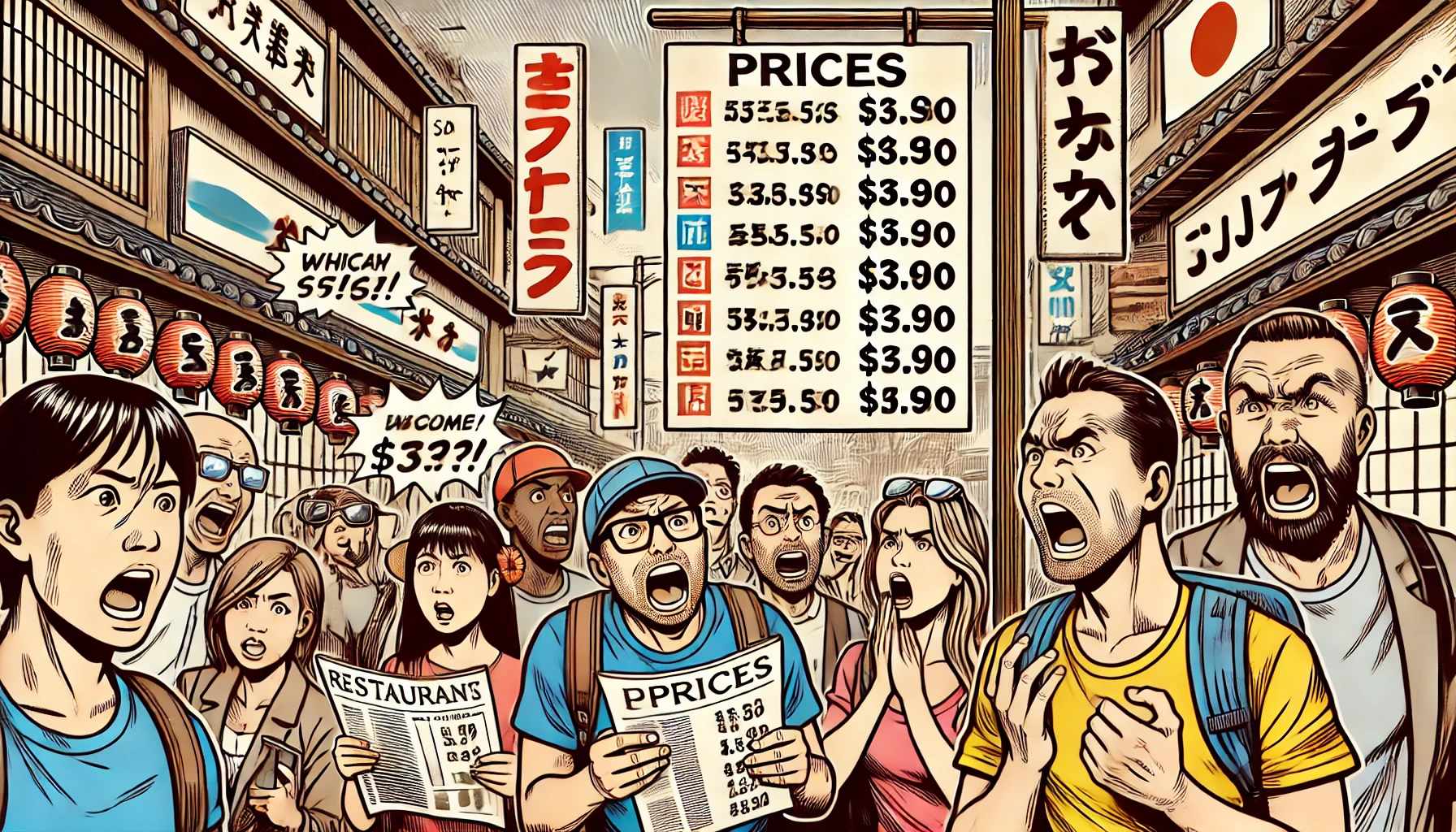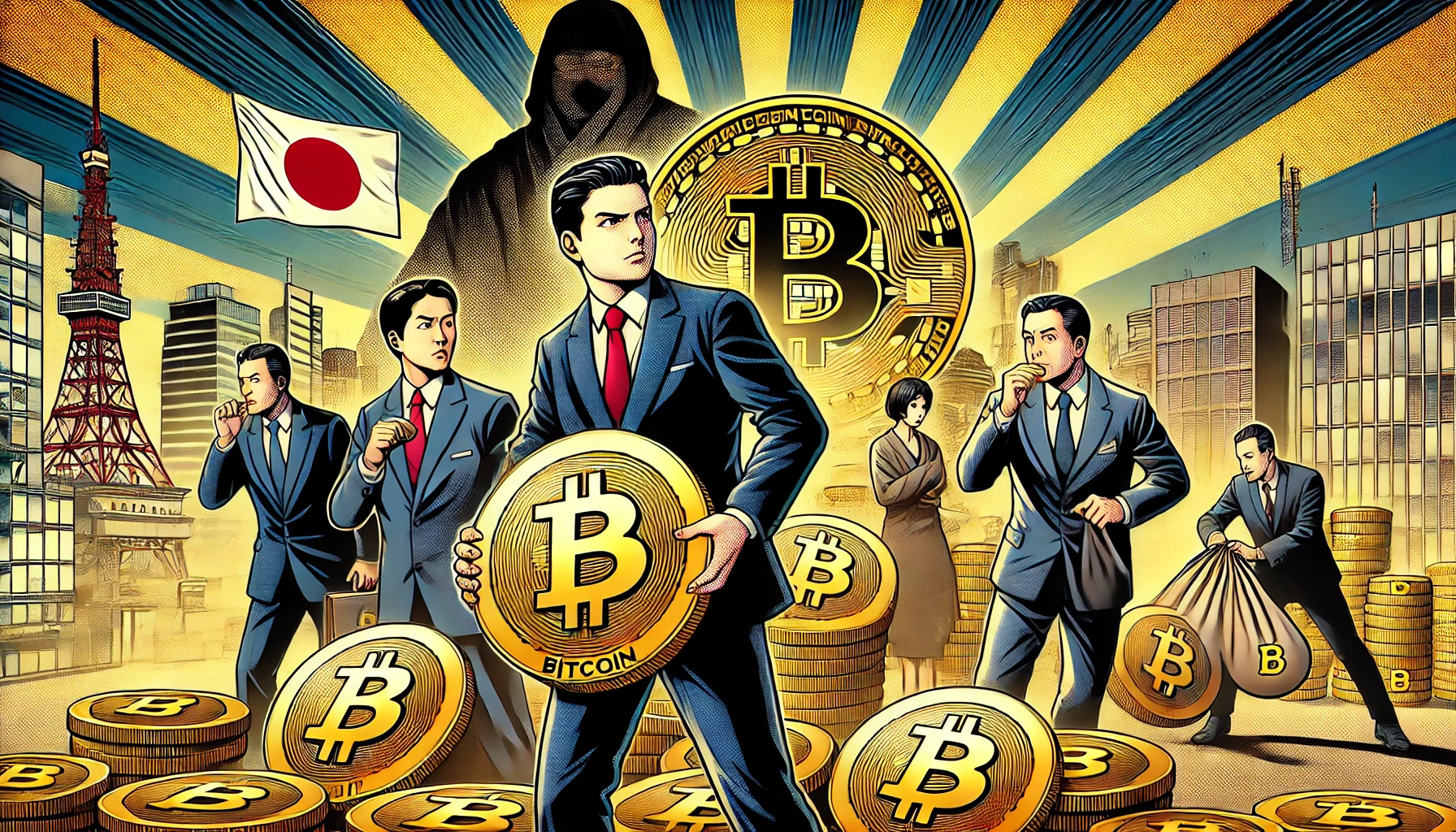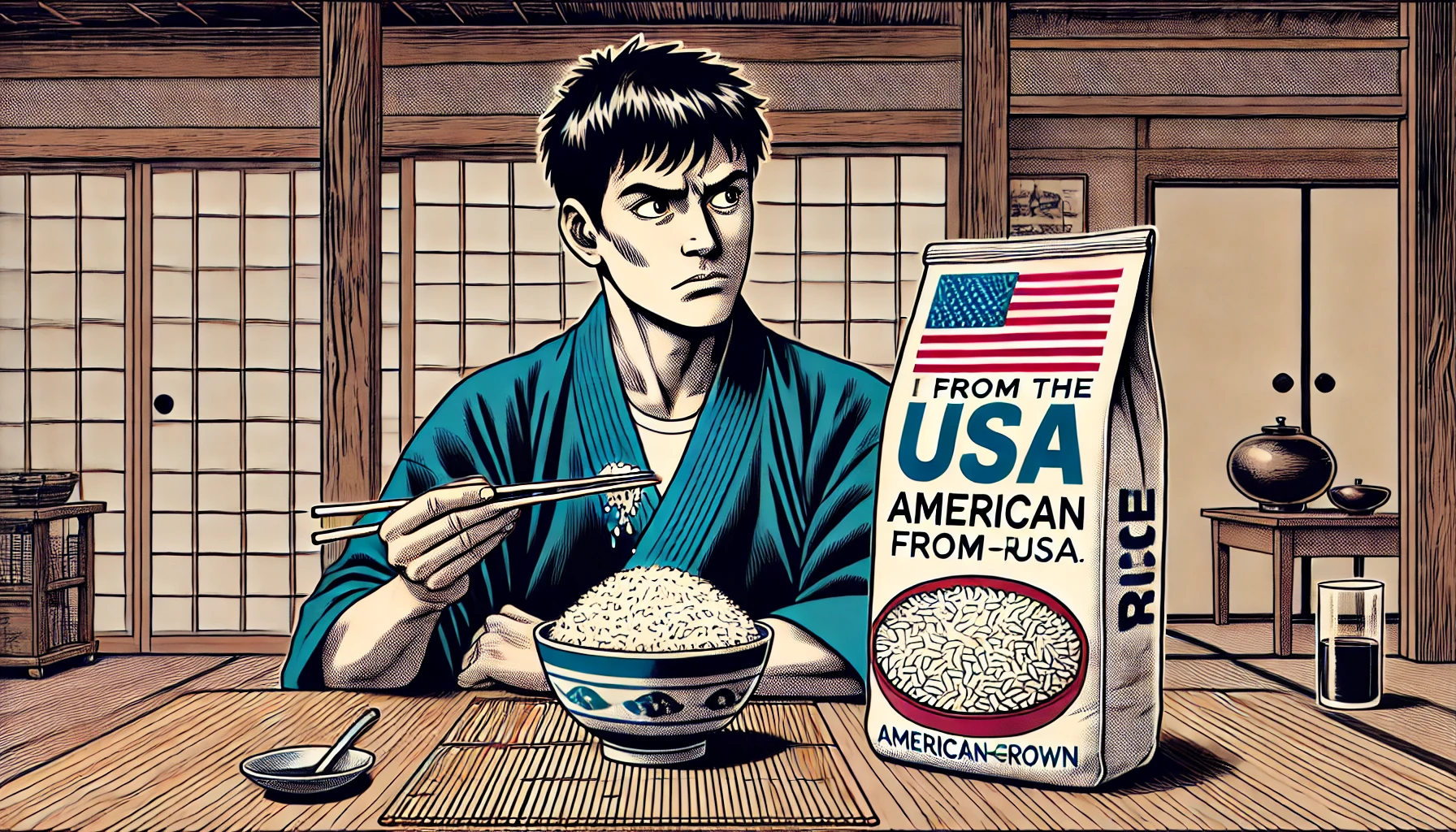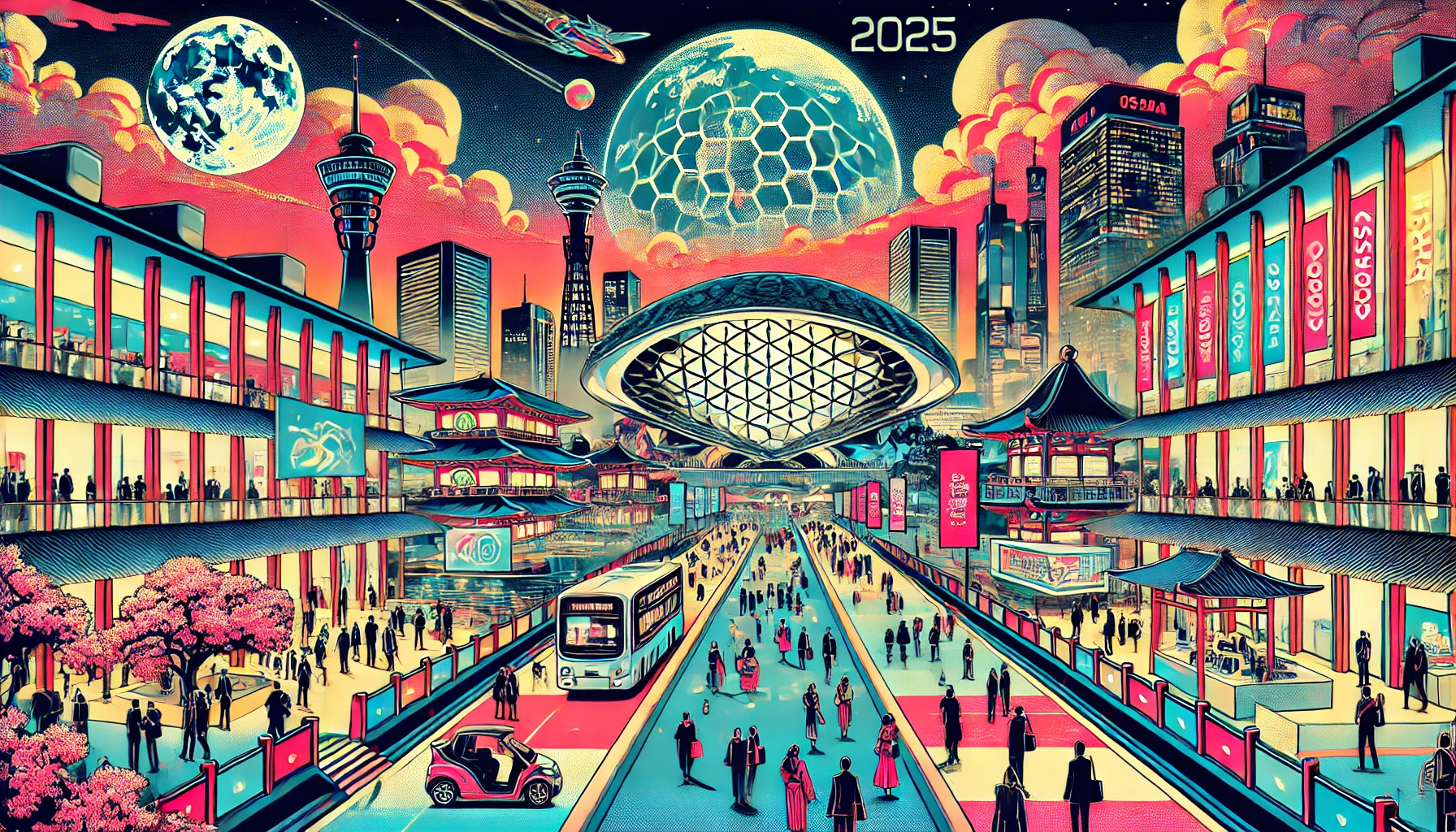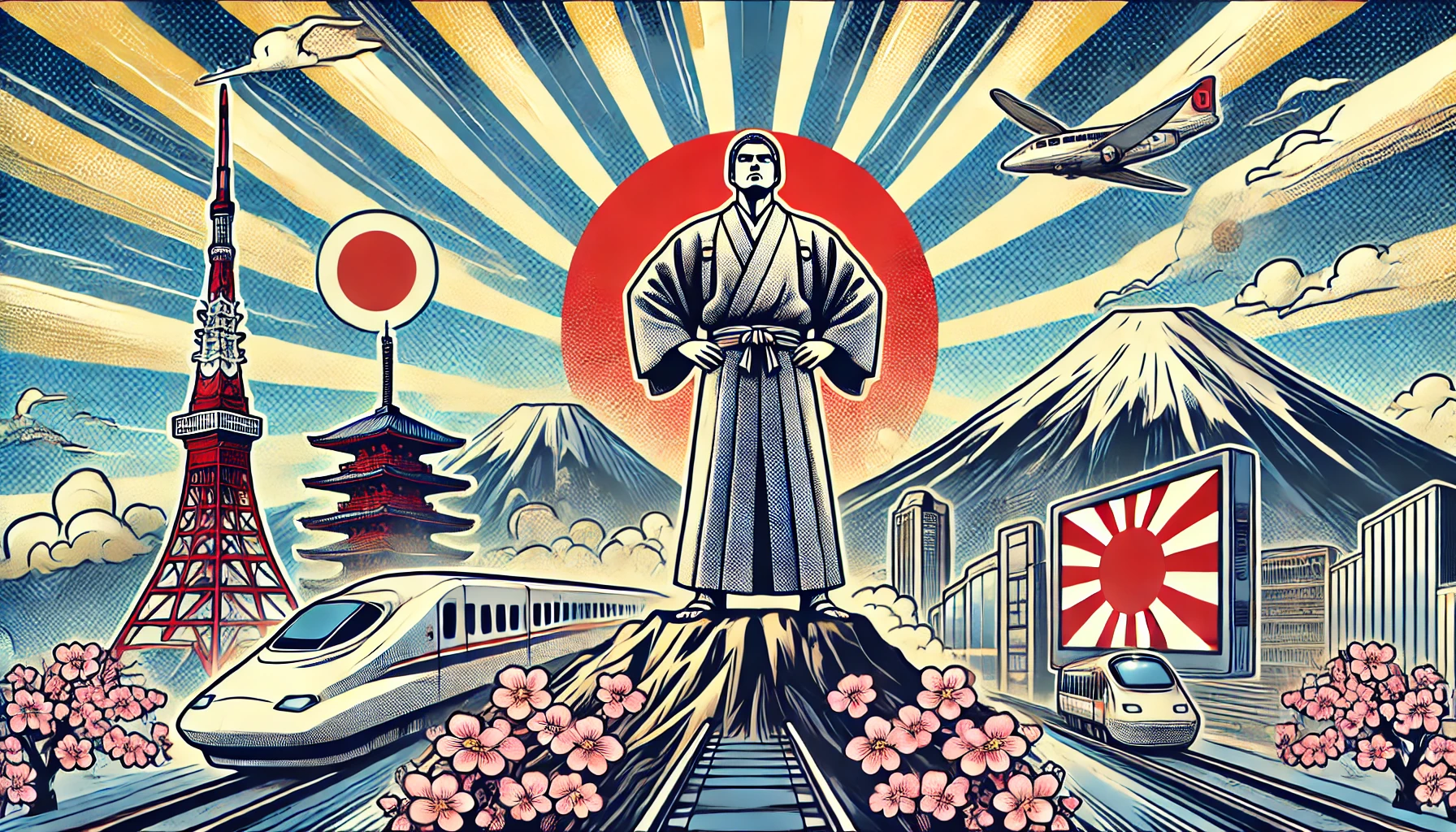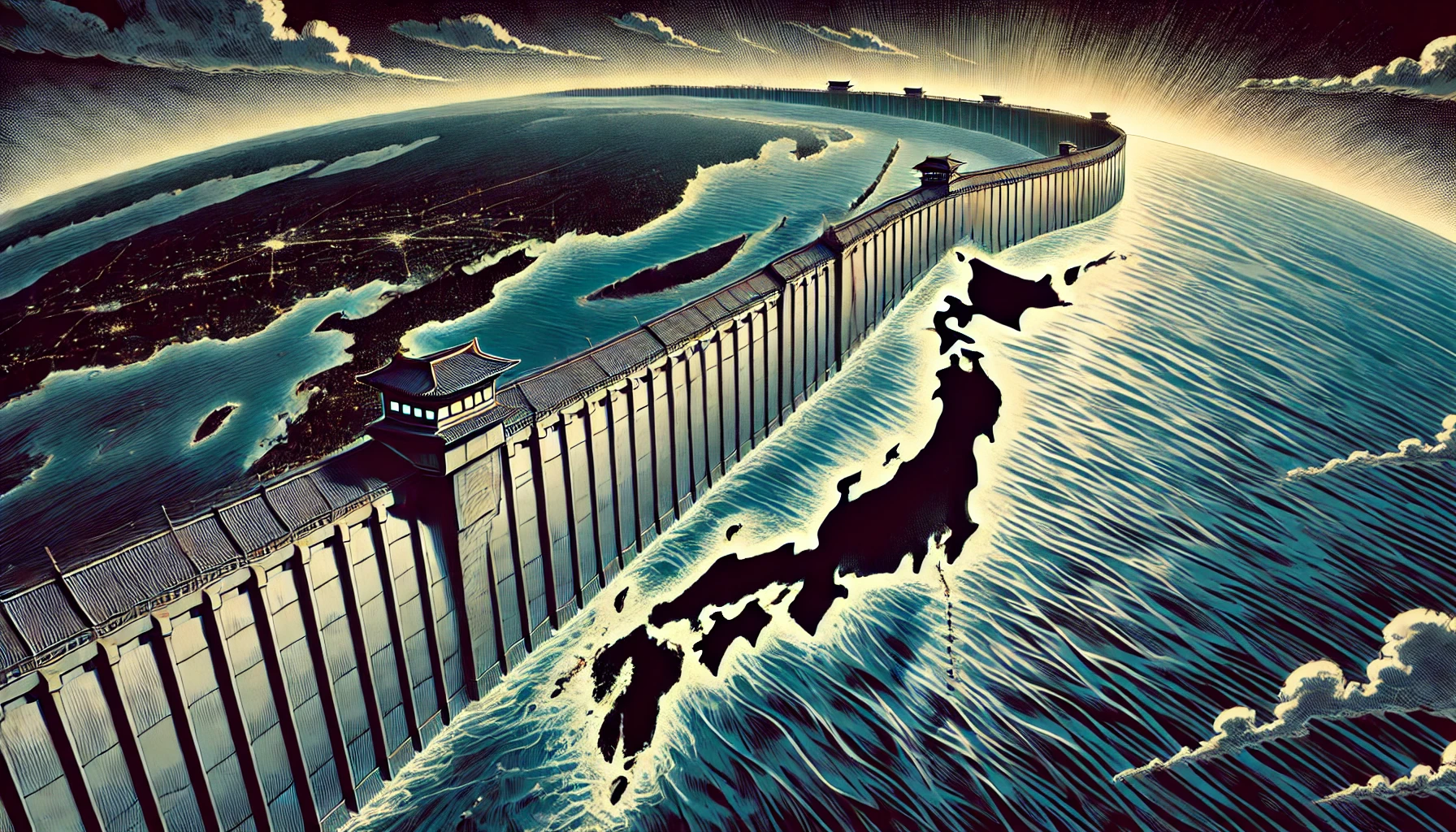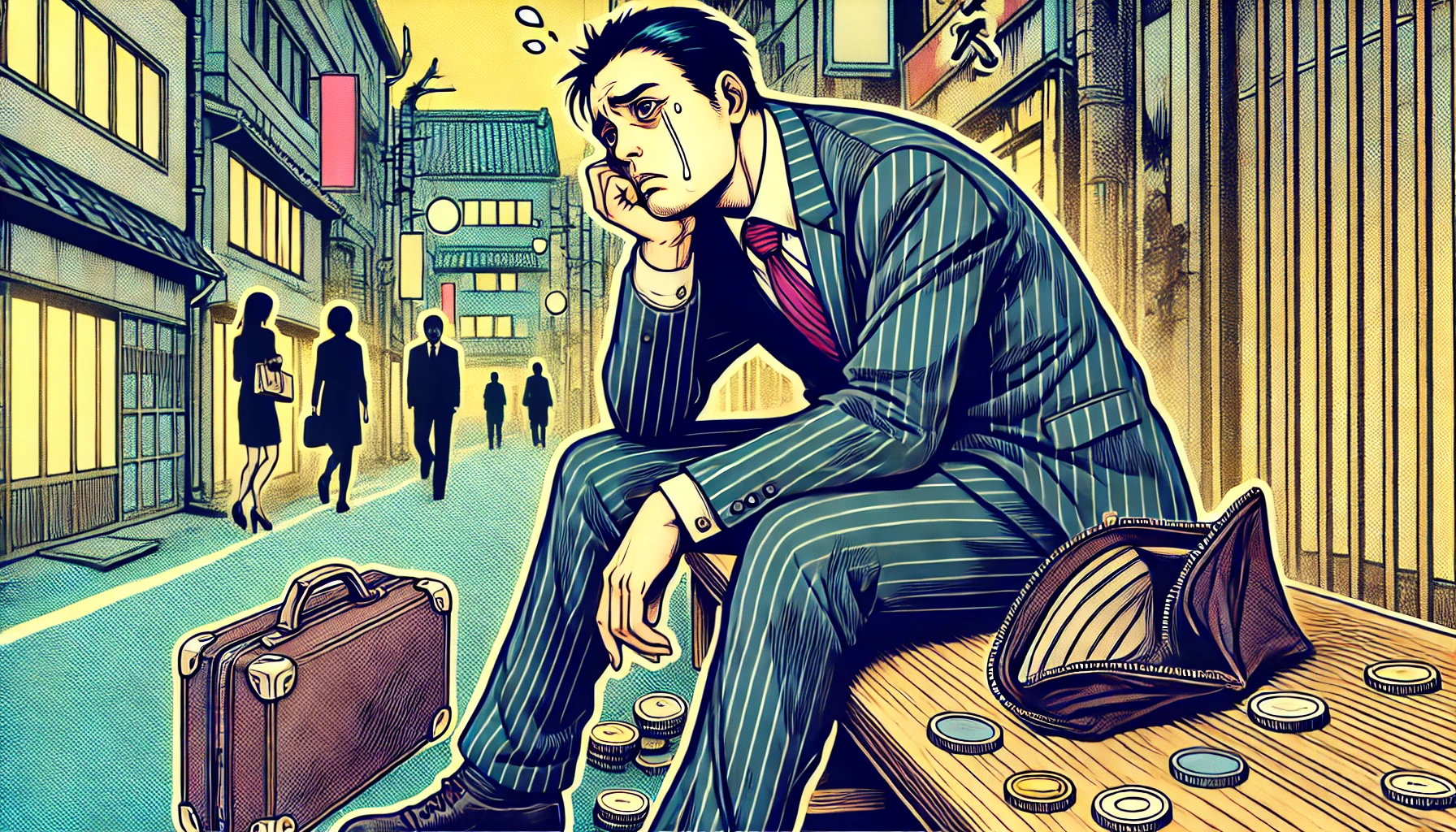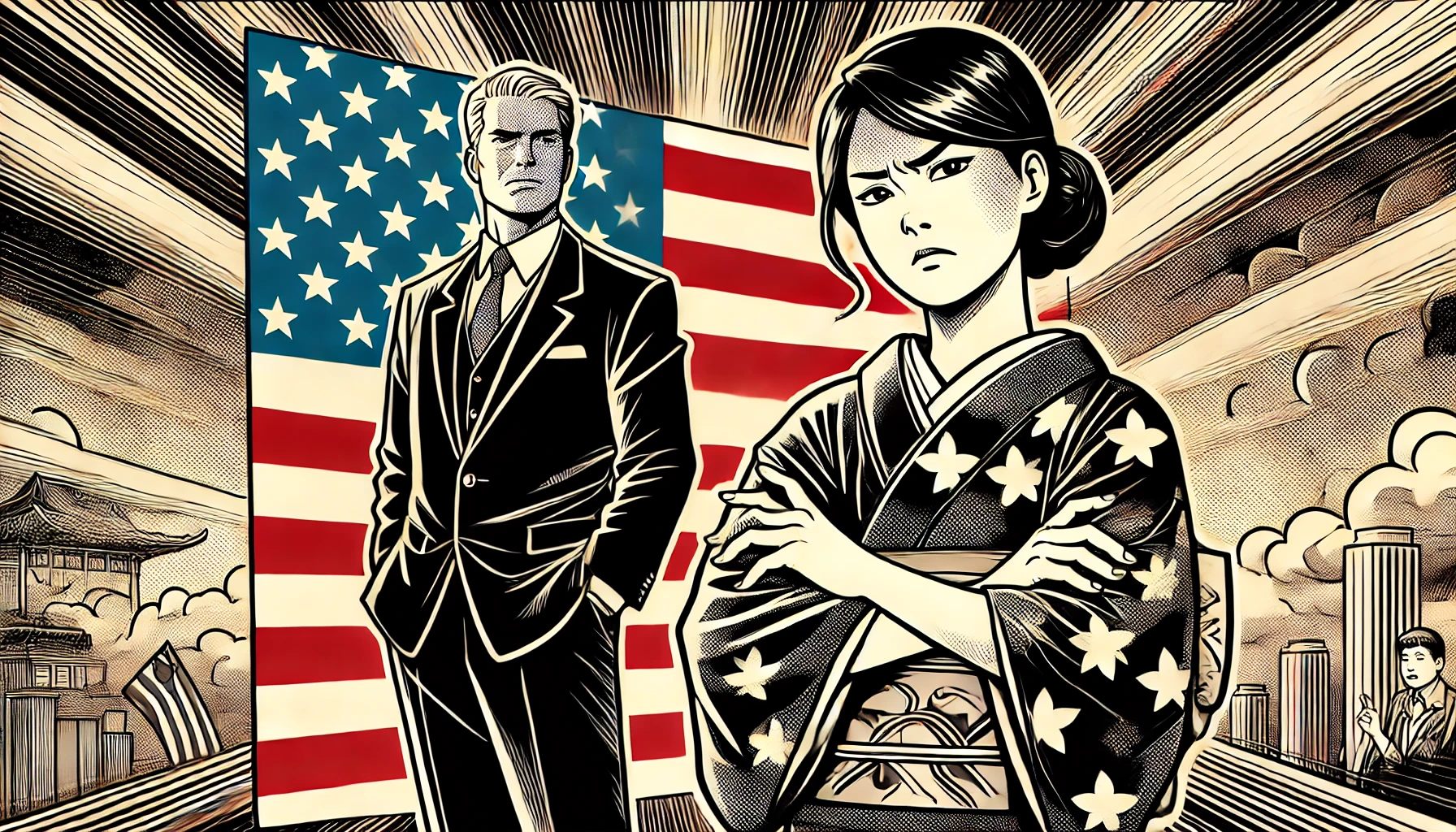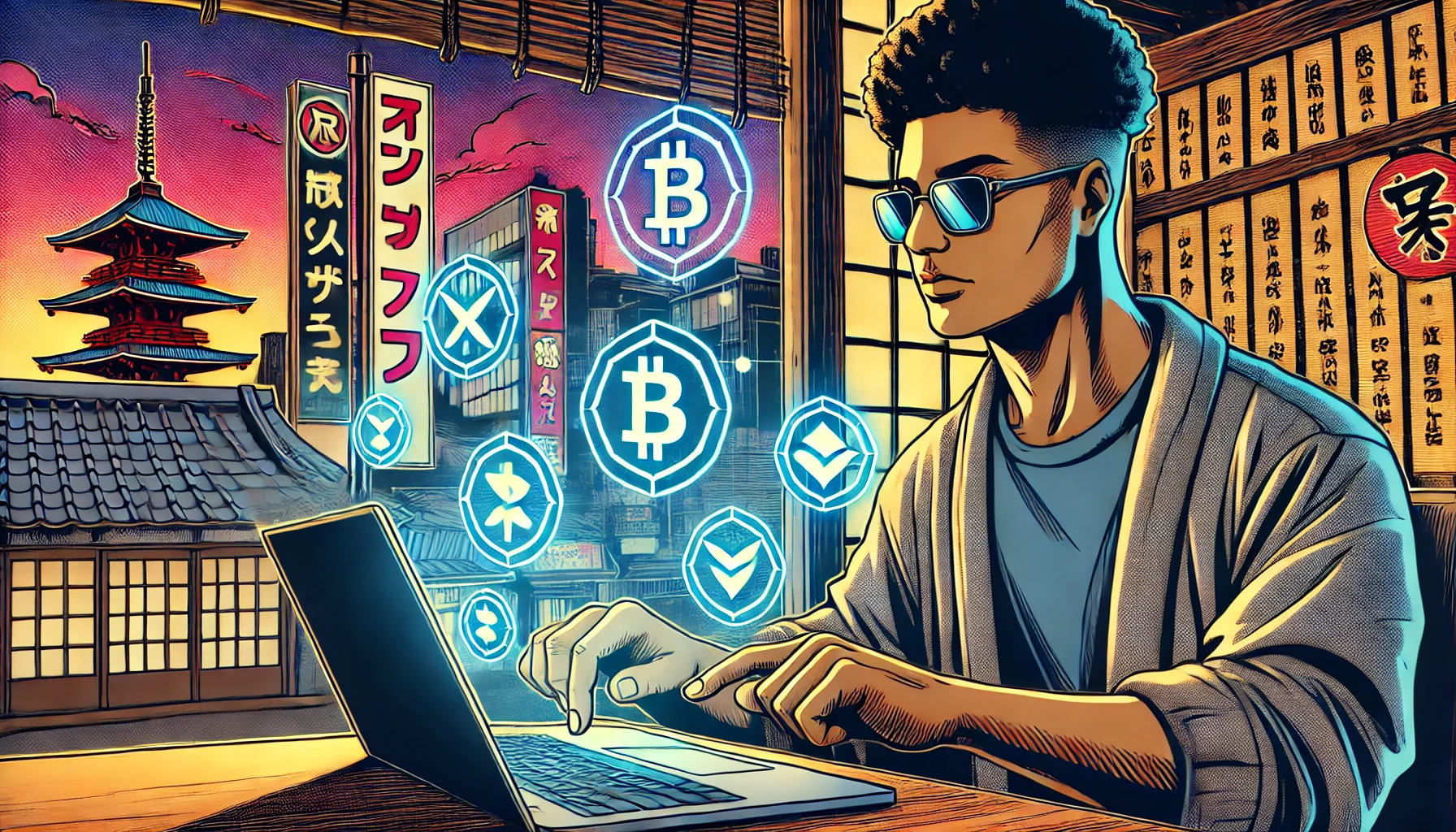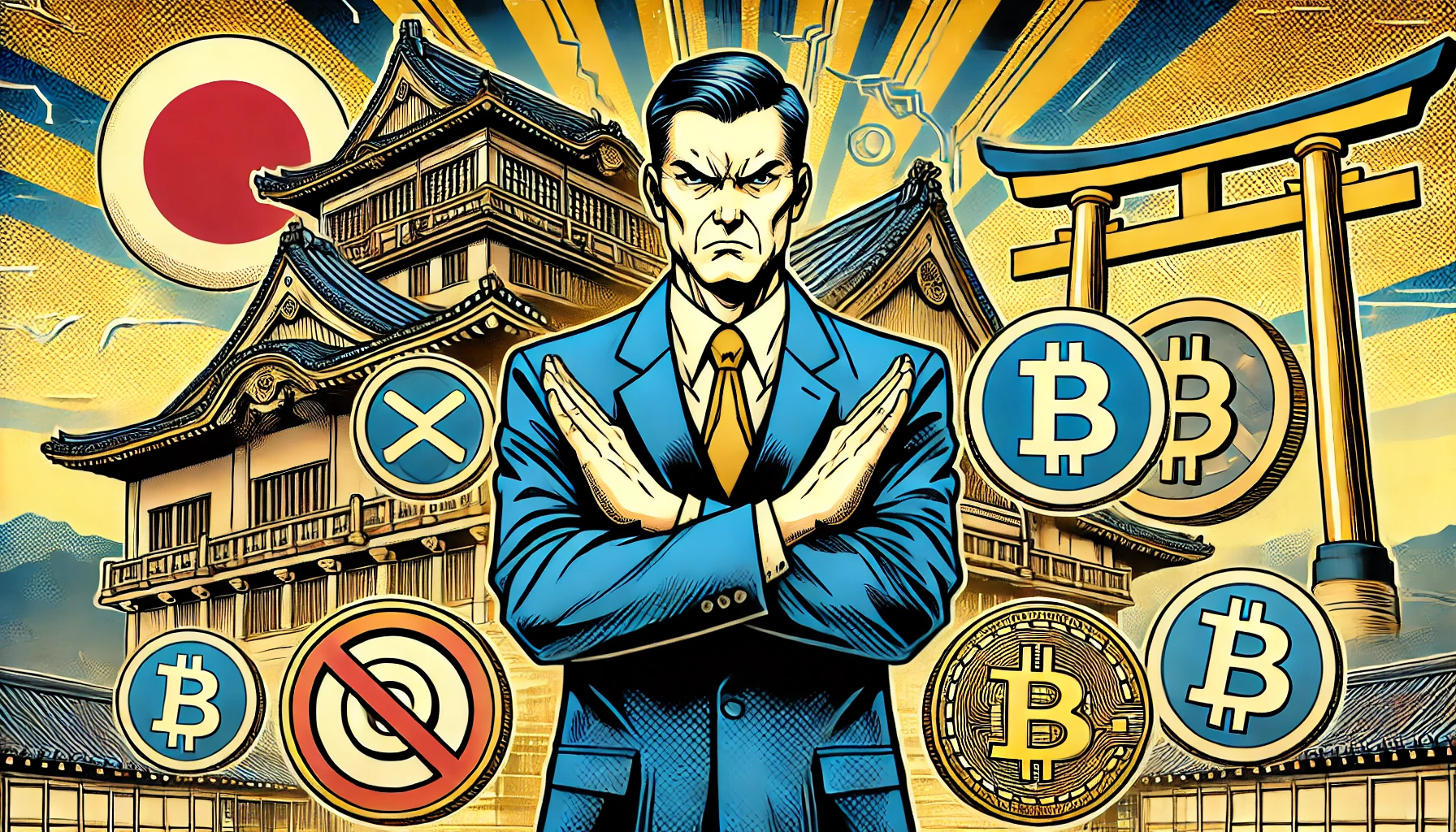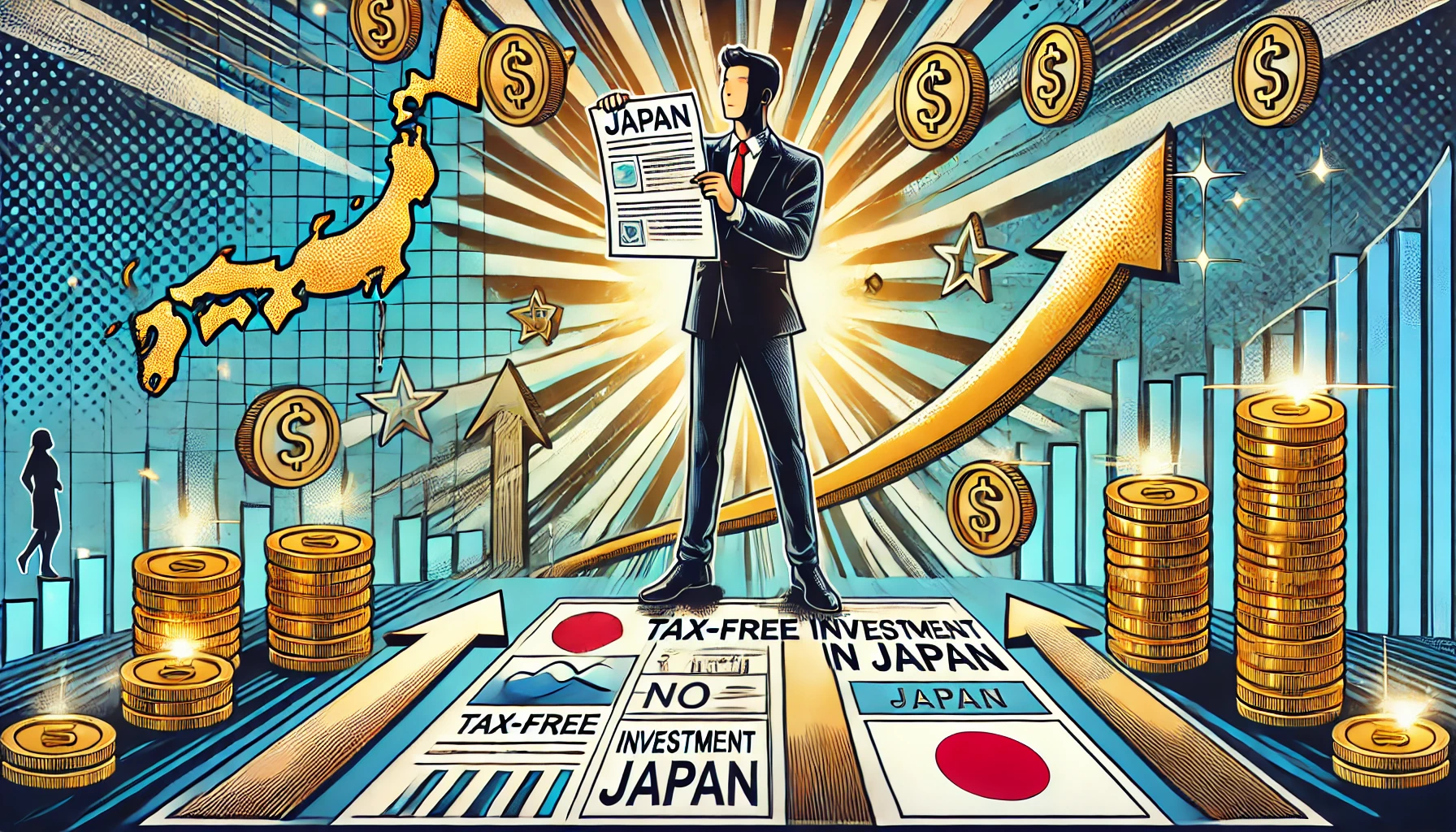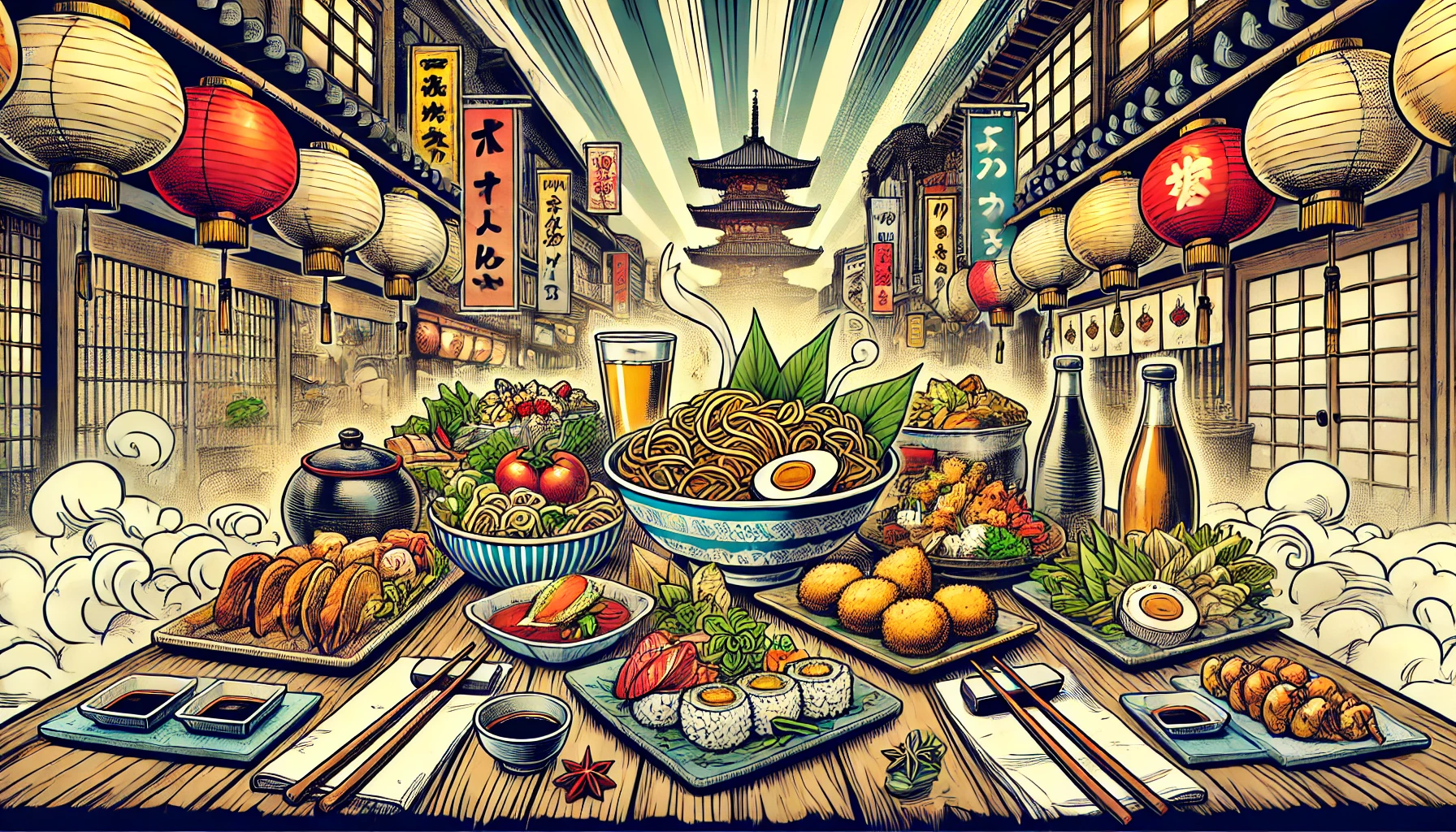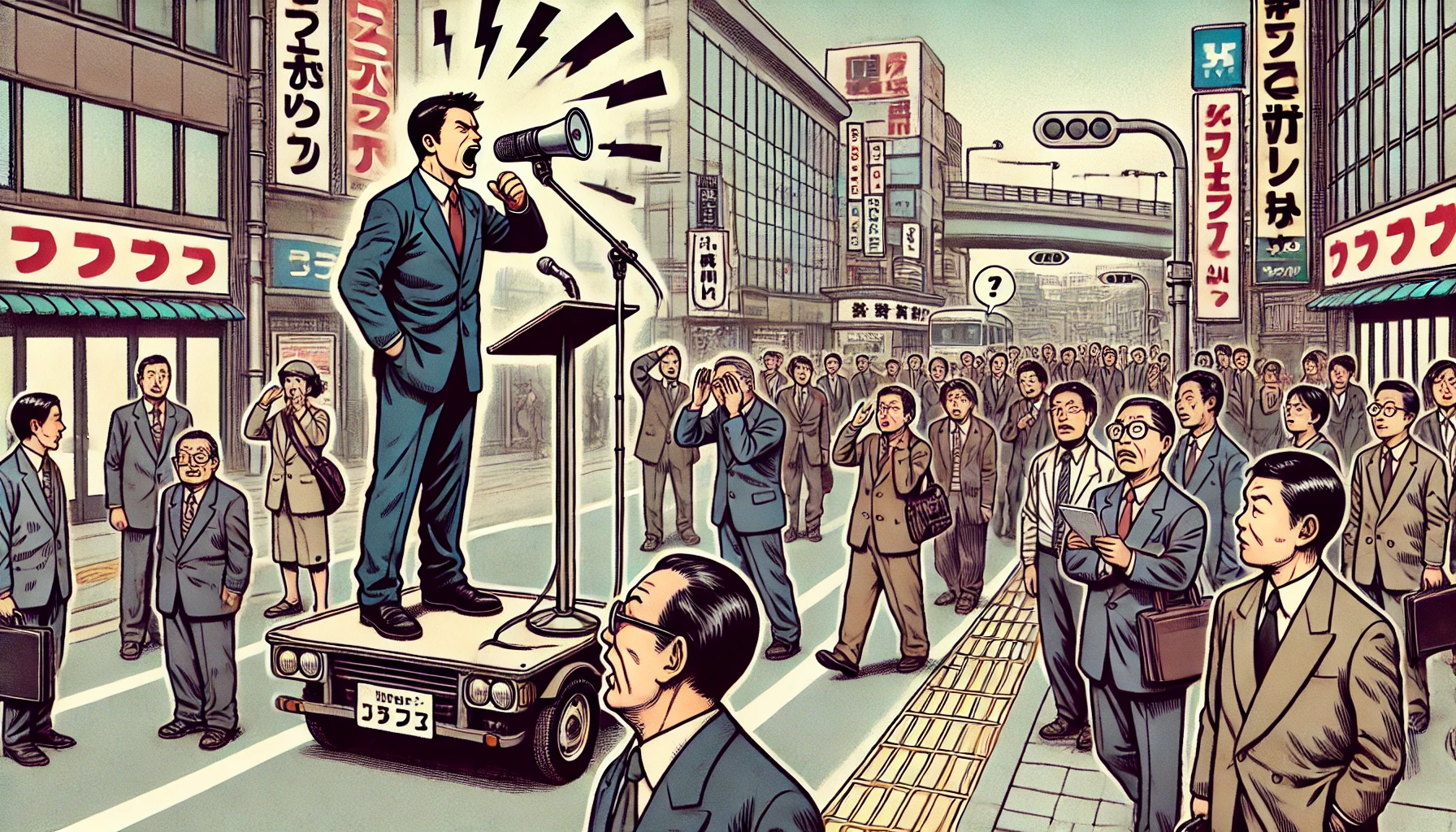
When many hear the word “communist,” they may imagine authoritarian regimes, strict control, and anti-capitalist revolutions. However, in Japan, the Japanese Communist Party (JCP)—despite its name—plays a very different role in the political landscape. With over a century of history, the JCP is not only one of Japan’s oldest political parties but also a major voice for liberal reform and constitutional democracy.
But how did this come to be? Why is the JCP seen as “liberal” in Japan, while the same word often evokes fear in larger Western countries?
🇯🇵 A Unique Political Compass
In many Western democracies, the left-right political axis is commonly defined by economic policy, civil rights, and role of government. However, Japan’s political culture has evolved under different historical and social pressures.
In Japan:
- “Conservative” often means loyalty to the Emperor system, revision of the pacifist constitution, and pro-business economic policy.
- “Liberal” tends to mean opposition to constitutional revision, defense of civil liberties, and promotion of social welfare.
Under this framework, the JCP finds itself aligned with liberal causes—despite its name suggesting a radical leftist ideology.
🏛️ The JCP’s Liberal Identity
The Japanese Communist Party has consistently stood for:
- 📜 Protecting the pacifist Article 9 of Japan’s Constitution
- 🗳️ Opposing militarization and foreign military bases
- 🌿 Climate and environmental protections
- 💴 Stronger labor rights and income equality
- ❤️ Gender equality and anti-discrimination laws
These stances make the JCP appear closer to European-style social democrats or Greens, rather than revolutionary communists. In fact, many of their recent policy proposals echo platforms seen in Scandinavian countries or Germany’s progressive parties.
🌏 Global Perception vs Domestic Reality
While “communist” may carry a stigma in countries like the U.S. or South Korea due to Cold War tensions, Japanese voters see the JCP less as a threat and more as a principled, albeit small, opposition party. It’s known for its consistency, refusal to accept corporate donations, and grassroots campaigning.
Moreover, the JCP has embraced parliamentary democracy, publicly renouncing violent revolution since the 1950s. This makes it fundamentally different from authoritarian regimes often associated with communism.
💬 Why Do Many Young Progressives Support the JCP?
In recent years, the JCP has gained popularity among younger Japanese voters disillusioned with the ruling conservative party. Why?
- Discontent with economic inequality and stagnation
- Growing desire for stronger climate policies
- Anxiety over constitutional revision and military expansion
- Support for gender rights and inclusion
Although the JCP has limited seats in parliament, its influence on public debate and grassroots activism is notable.
🧭 Reframing the Labels
Japan’s political spectrum doesn’t map neatly onto Western models. Here, a “communist” party may be among the most staunch defenders of liberal democracy. Meanwhile, the dominant “liberal” ruling party (Liberal Democratic Party) often leans conservative.
Understanding this semantic reversal is key to grasping Japanese politics: in Japan, the labels are often about values and history, not ideology alone.
Final Thoughts 💡
The Japanese Communist Party is a political paradox: a “communist” party that defends liberal democratic values. In a political system where terms like “liberal” and “conservative” carry different meanings than abroad, the JCP stands as a uniquely Japanese phenomenon—one that challenges foreign assumptions and reflects the country’s postwar history.

